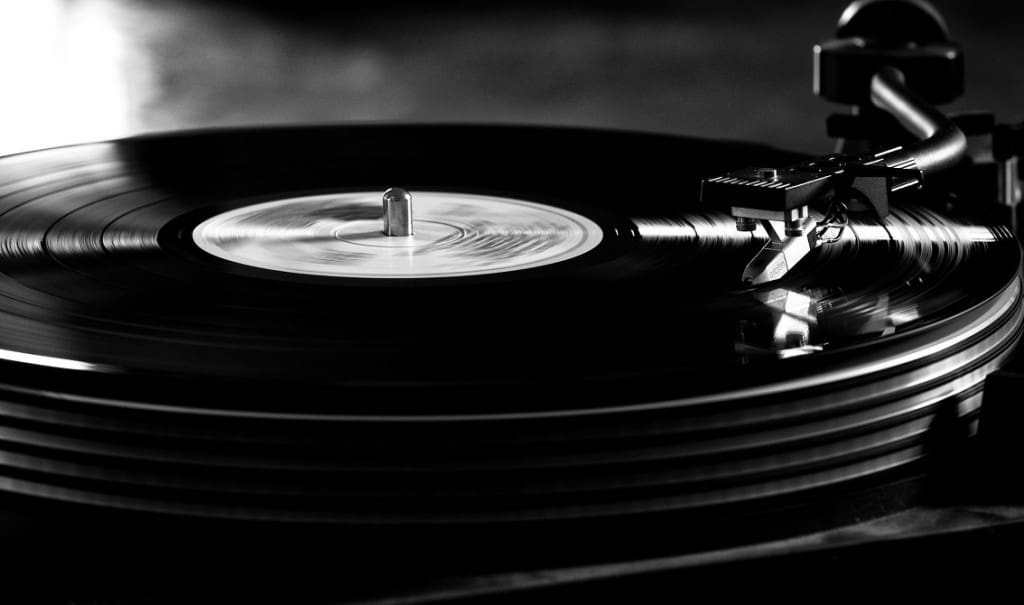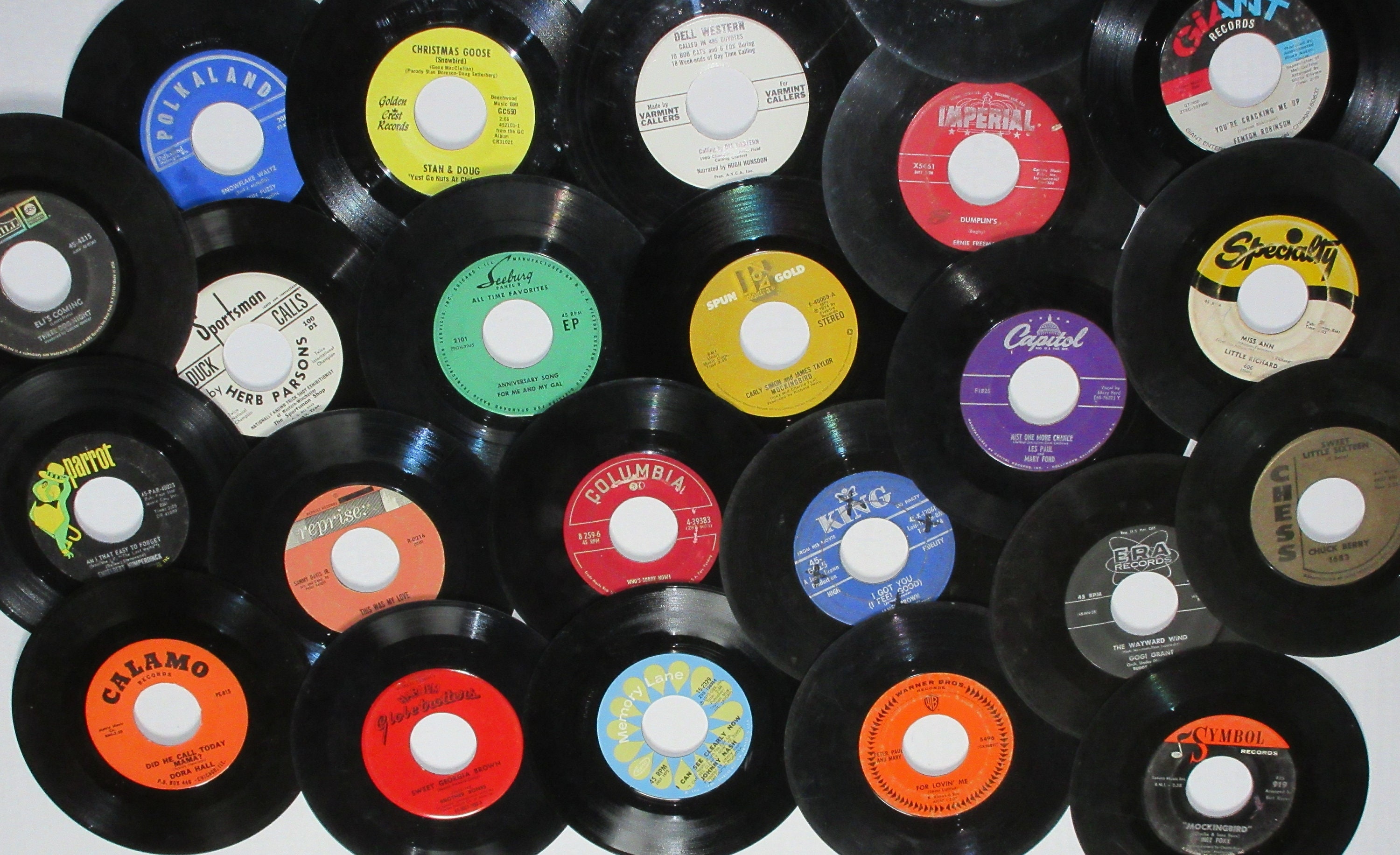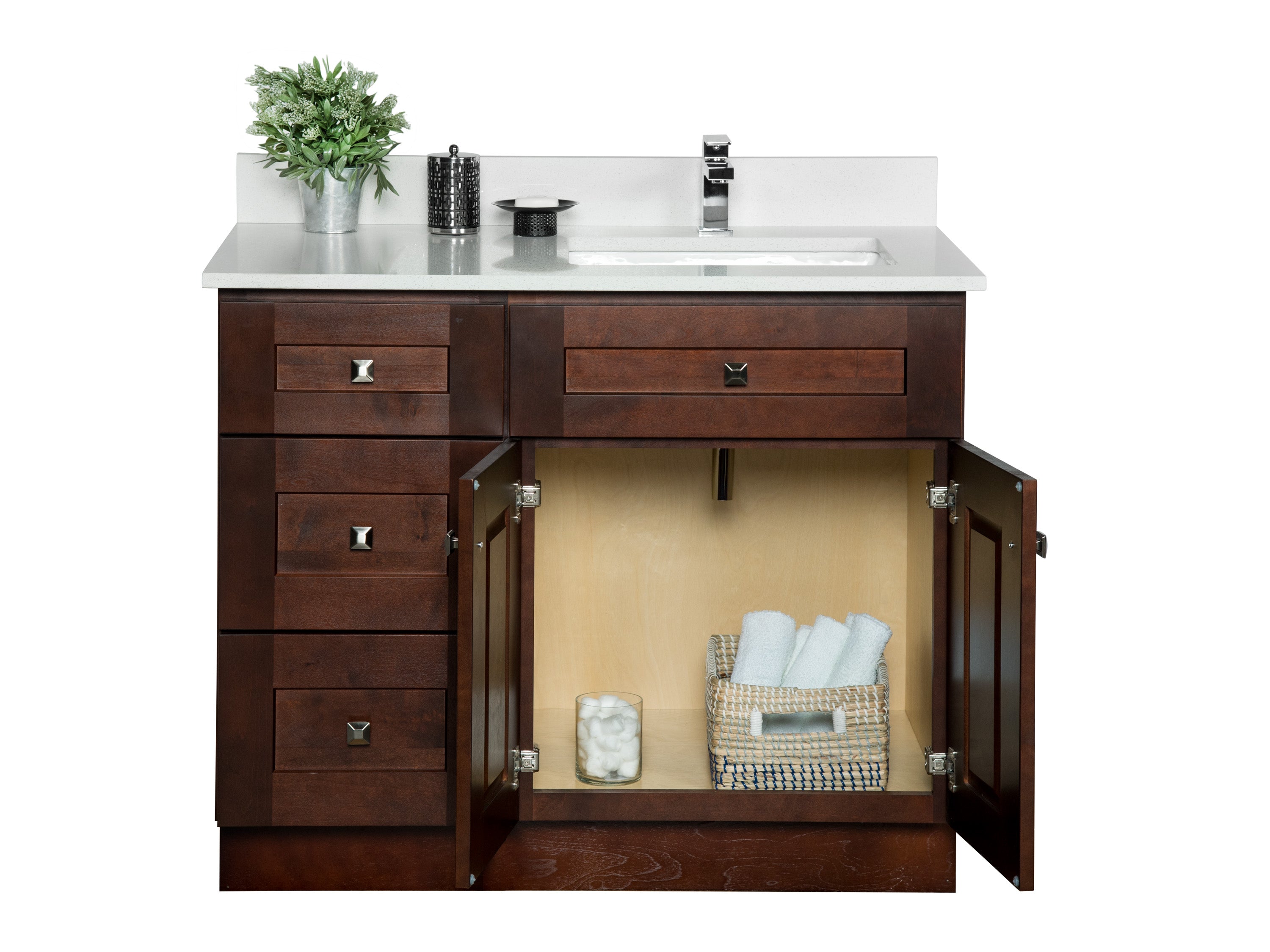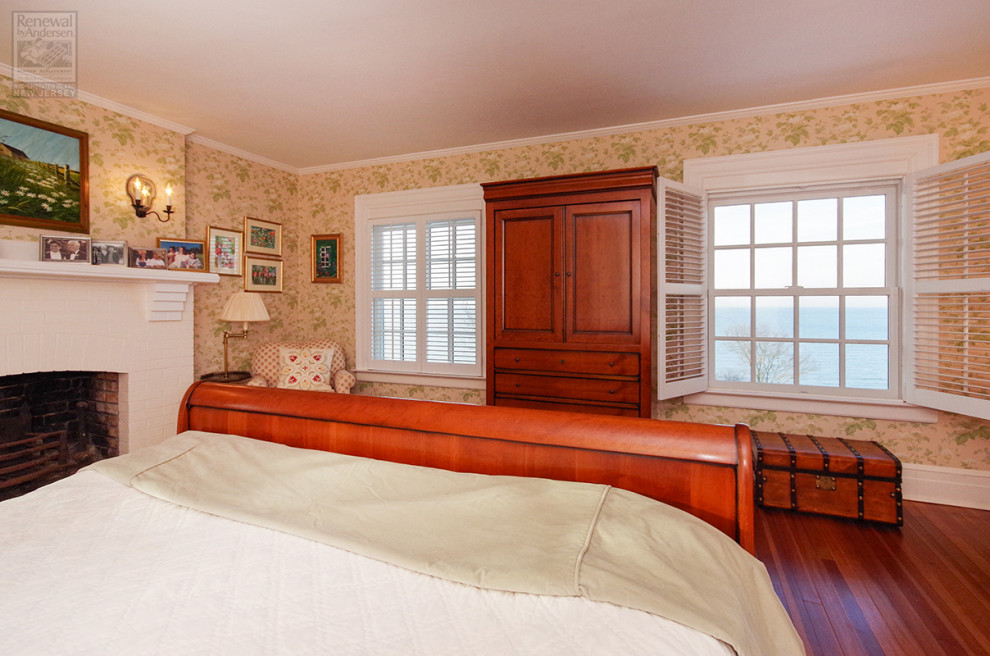Cotton is a popular choice for mattress covers due to its softness, breathability, and durability. It is a natural fiber that is gentle on the skin and hypoallergenic, making it a great option for those with sensitive skin or allergies. Cotton mattress covers are also easy to maintain and can be machine washed and dried. Additionally, cotton is a sustainable and eco-friendly choice, making it a top pick for environmentally conscious individuals.1. Cotton
Bamboo is a relatively new material used in mattress covers, but it has quickly gained popularity due to its many benefits. It is a highly sustainable and renewable resource, making it an eco-friendly choice. Bamboo is also known for its softness and breathability, making it a comfortable option for mattress covers. It is also naturally hypoallergenic and antimicrobial, making it a great choice for those with allergies or sensitive skin.2. Bamboo
Polyester is a synthetic material that is commonly used in mattress covers due to its affordability and durability. It is also known for its ability to resist stains and wrinkles, making it a practical choice for those who want a low-maintenance mattress cover. However, polyester may not be as breathable as natural fibers and may cause discomfort for some individuals.3. Polyester
Microfiber is a type of polyester that is made up of very fine fibers, giving it a soft and smooth texture. It is also known for its durability, stain resistance, and affordability. Microfiber mattress covers are easy to care for and can be machine washed and dried. However, like polyester, it may not be as breathable as natural fibers.4. Microfiber
Tencel is a sustainable and eco-friendly material made from the wood pulp of eucalyptus trees. It is known for its softness, breathability, and moisture-wicking properties, making it a great choice for mattress covers. Tencel is also hypoallergenic and gentle on the skin, making it a popular option for those with allergies or sensitive skin.5. Tencel
Silk is a luxurious and soft material that is often used in mattress covers for its comfort and elegance. It is a natural fiber that is hypoallergenic and gentle on the skin, making it a great choice for those with allergies. Silk mattress covers are also known for their temperature-regulating properties, keeping you cool in the summer and warm in the winter.6. Silk
Wool is another natural material that is used in mattress covers for its softness, breathability, and temperature-regulating properties. It is also hypoallergenic and can help to repel dust mites, making it a great choice for allergy sufferers. Wool is also known for its durability and can add an extra layer of comfort and cushioning to your mattress.7. Wool
Latex is a natural material derived from the sap of rubber trees and is known for its comfort and support. It is also hypoallergenic and resistant to dust mites, making it a great choice for those with allergies. Latex mattress covers are also durable and can help to prolong the life of your mattress.8. Latex
Memory foam is a popular material used in mattress covers due to its ability to conform to your body, providing support and pressure relief. It is also hypoallergenic and can help to alleviate allergies and respiratory issues. Memory foam mattress covers are also known for their durability and can help to extend the life of your mattress.9. Memory Foam
Vinyl is a synthetic material that is commonly used in mattress covers for its waterproof properties. It is a cost-effective option and can protect your mattress from spills, stains, and other accidents. However, vinyl is not as breathable as other materials and may cause discomfort for some individuals.10. Vinyl
The Importance of Choosing the Best Mattress Cover Material for a Good Night's Sleep

When it comes to designing a comfortable and inviting bedroom, choosing the right mattress cover material is just as important as selecting the perfect bed frame and bedding. A good mattress cover not only protects your mattress from wear and tear, but it also plays a crucial role in providing a comfortable and hygienic sleeping environment. With a plethora of options available, it can be overwhelming to determine which material is best for your mattress . In this article, we will explore the different types of mattress cover materials and help you make an informed decision for a better night's sleep.
Cotton
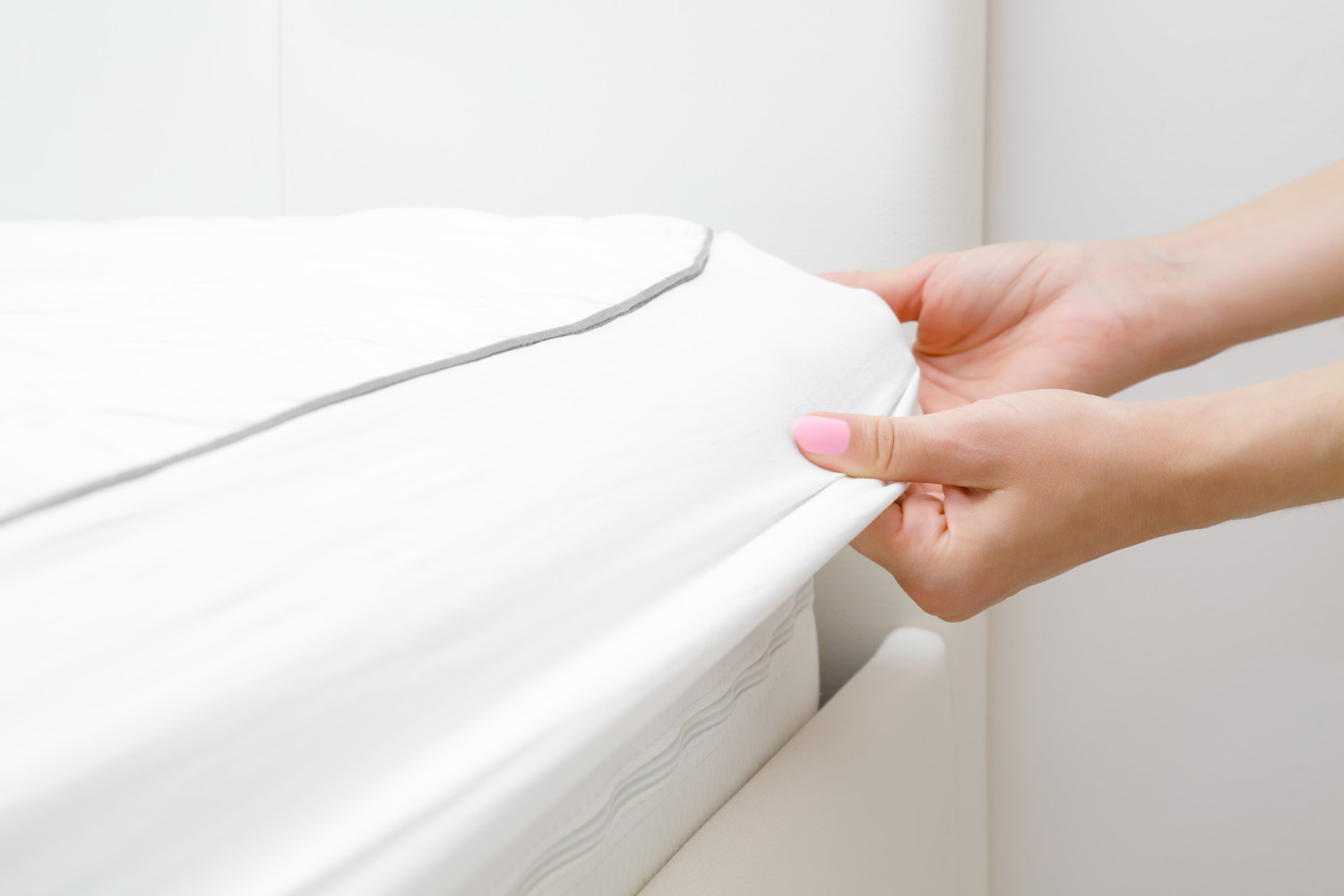
Cotton is a popular choice for mattress covers due to its soft and breathable nature. It provides a comfortable and cool sleeping surface, making it an ideal option for those who tend to sleep hot. Cotton is also hypoallergenic, making it suitable for those with allergies or sensitive skin. However, cotton is not as durable as other materials and may shrink or lose its shape after multiple washes.
Microfiber

Microfiber is a synthetic material that is made from finely woven polyester fibers. It is known for its softness, durability, and ability to repel water and stains. Microfiber mattress covers are a great option for those who are looking for a hypoallergenic alternative to cotton. They are also budget-friendly and easy to maintain, as they can be machine-washed and dried without losing their shape.
Bamboo

Bamboo is a sustainable and eco-friendly option for mattress covers . It is naturally moisture-wicking, meaning it absorbs sweat and keeps you cool and dry throughout the night. Bamboo is also hypoallergenic and resistant to bacteria and dust mites, making it an excellent choice for those with allergies or respiratory issues. Additionally, bamboo mattress covers have a luxurious and silky feel, providing a comfortable and smooth sleeping surface.
When choosing the best mattress cover material , it is essential to consider your personal preferences, budget, and any allergies or sensitivities. It is also recommended to invest in a good quality cover that is both durable and easy to maintain. Remember, the right material can make all the difference in achieving a comfortable and restful night's sleep.
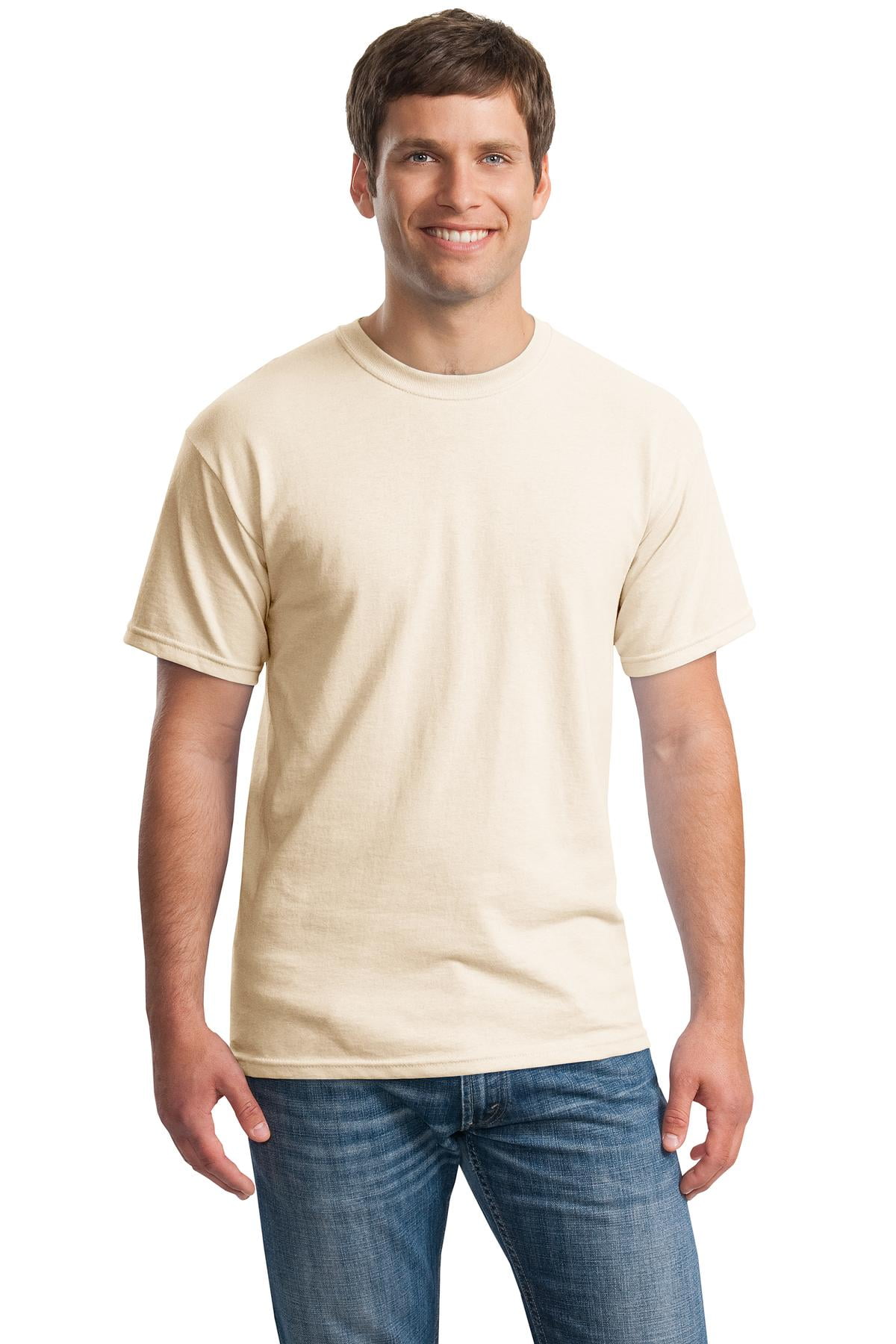


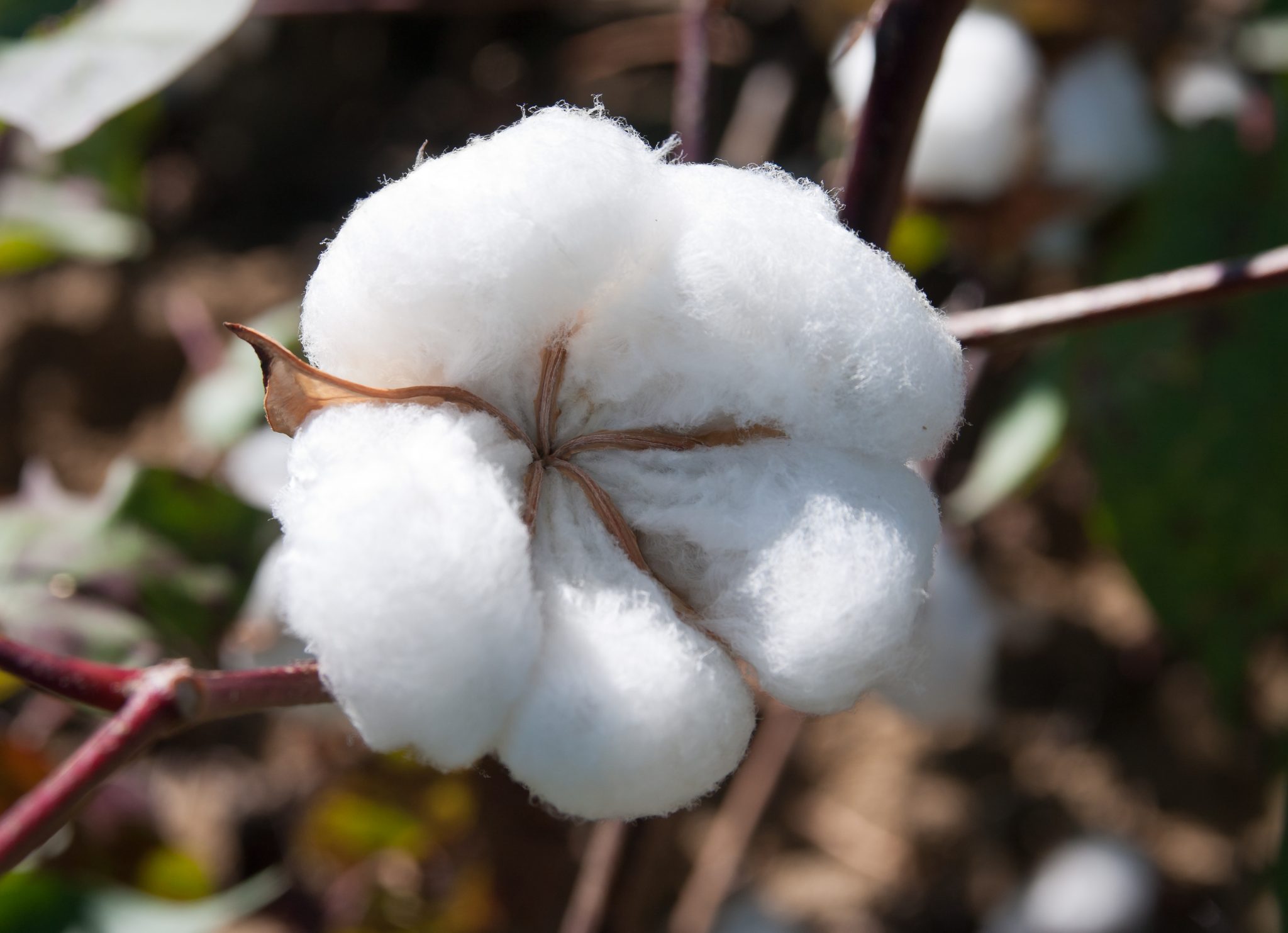

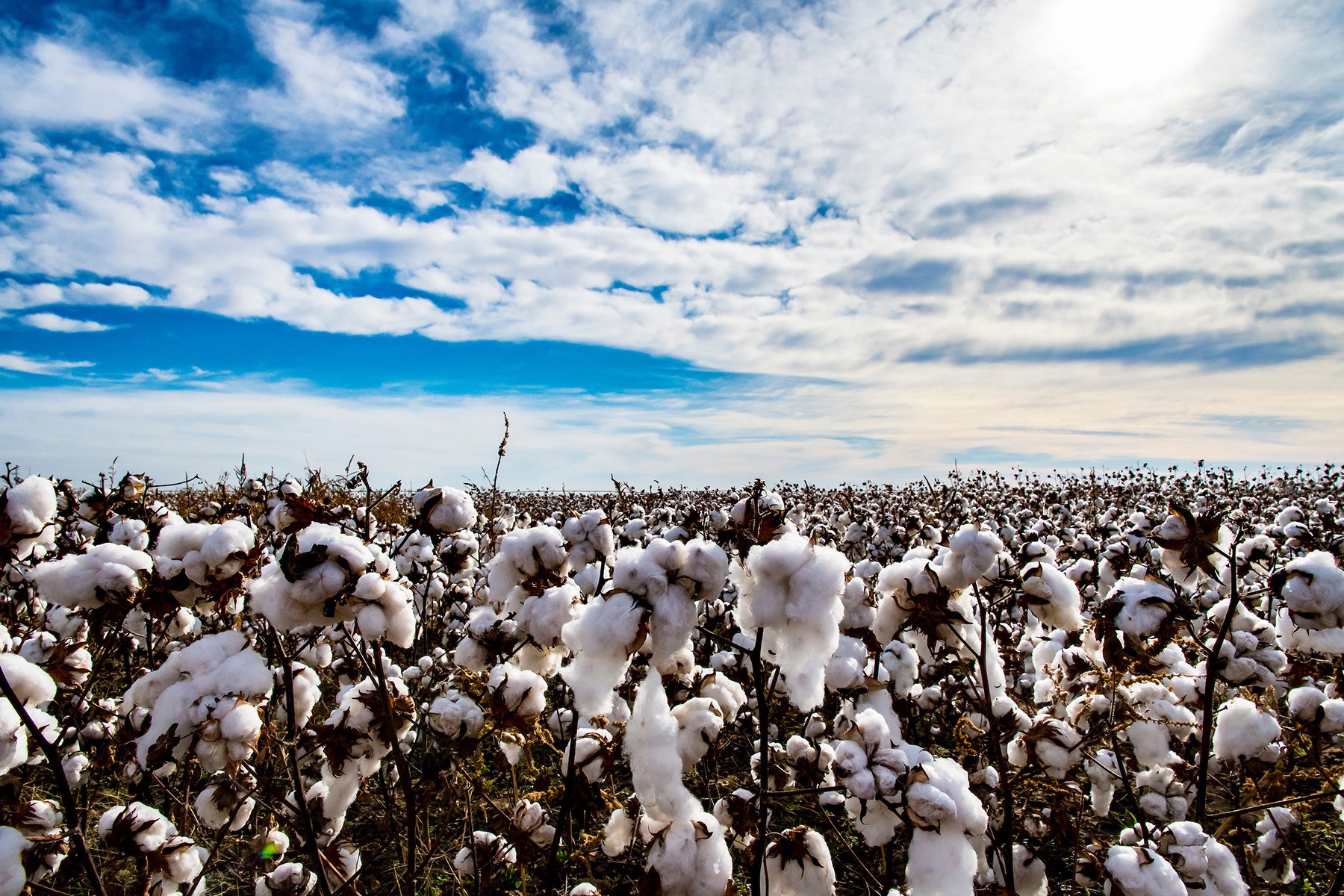
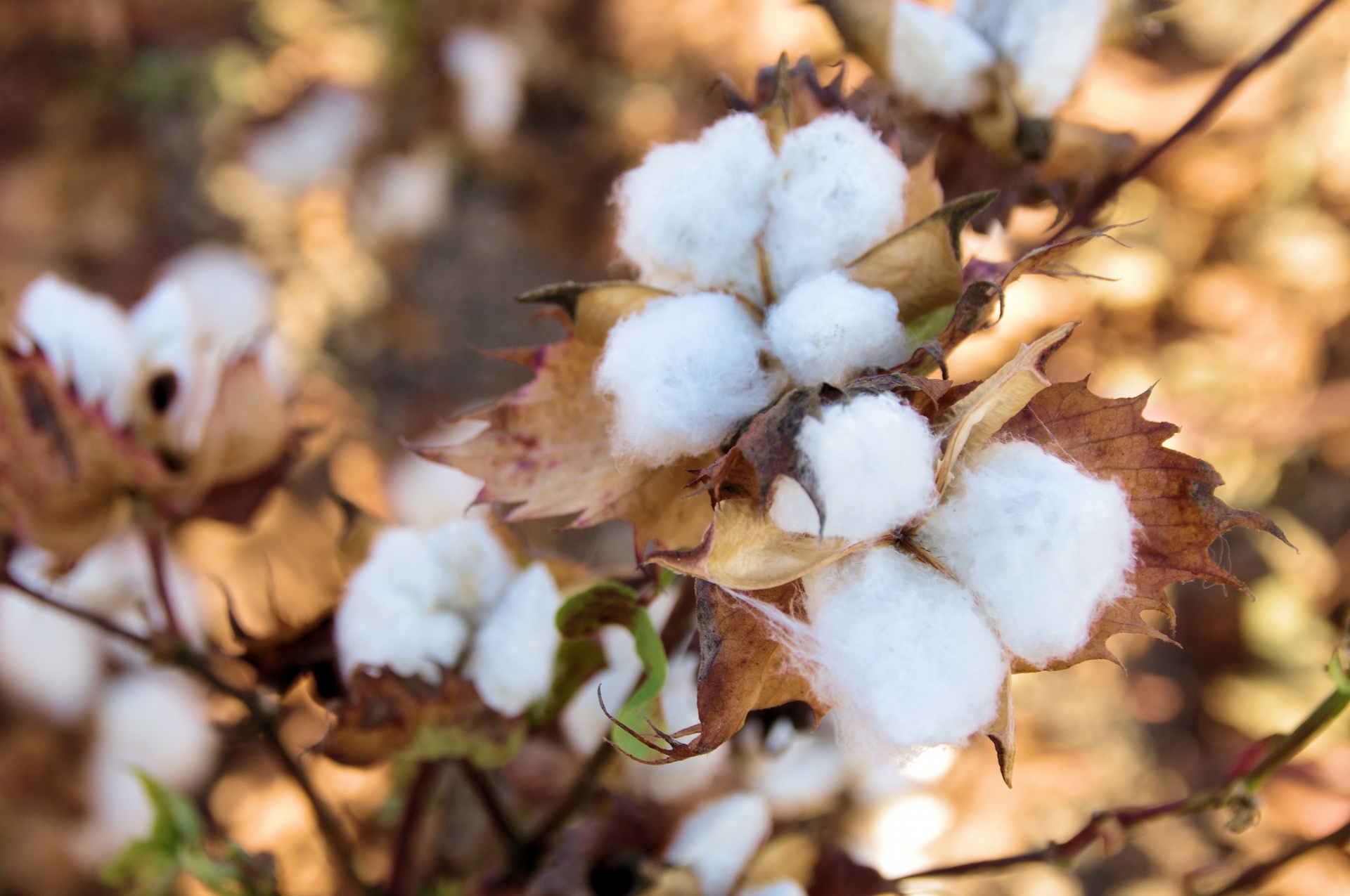
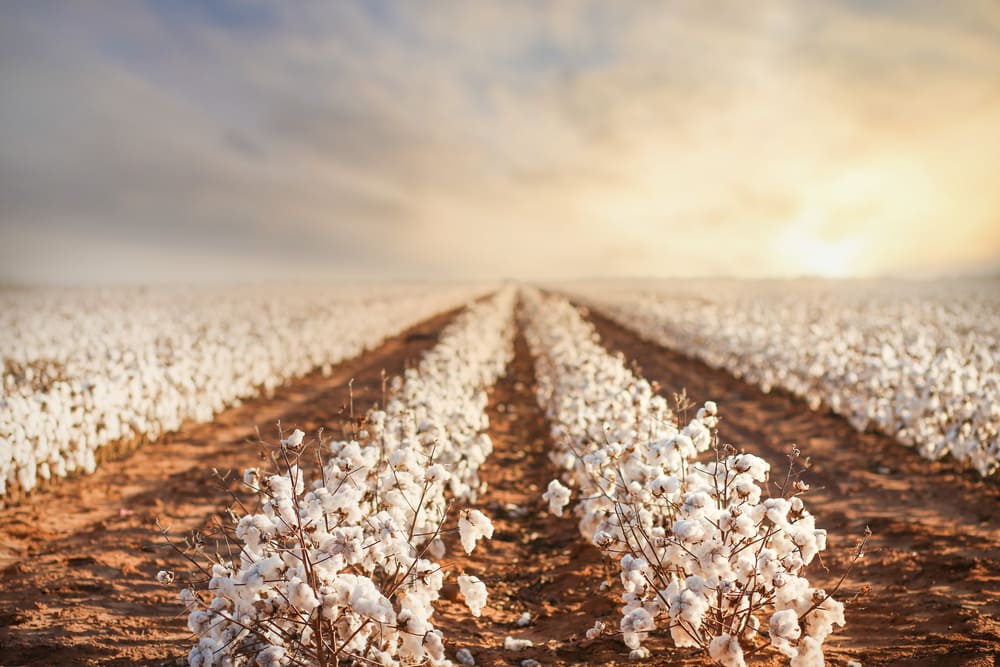
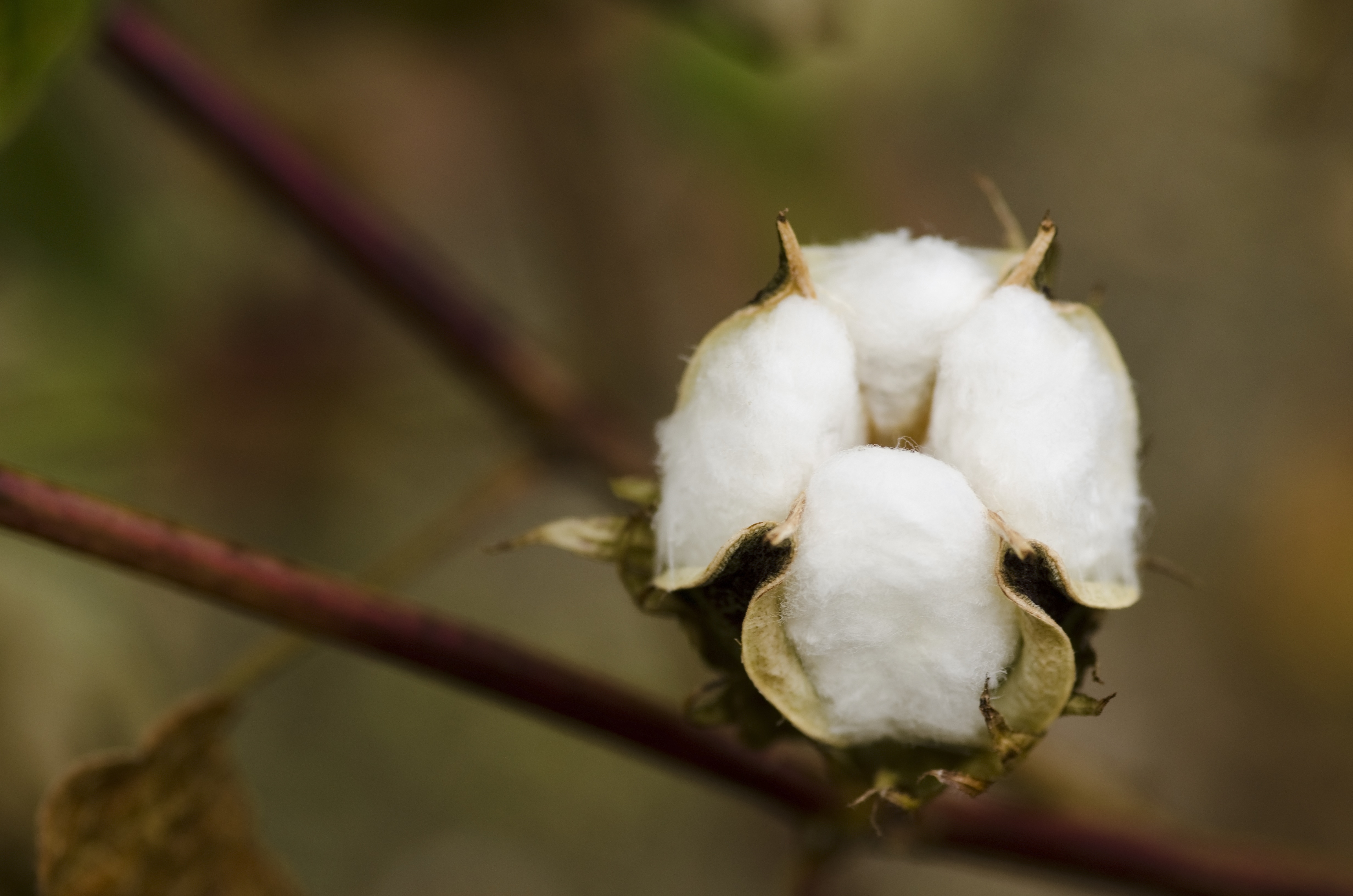


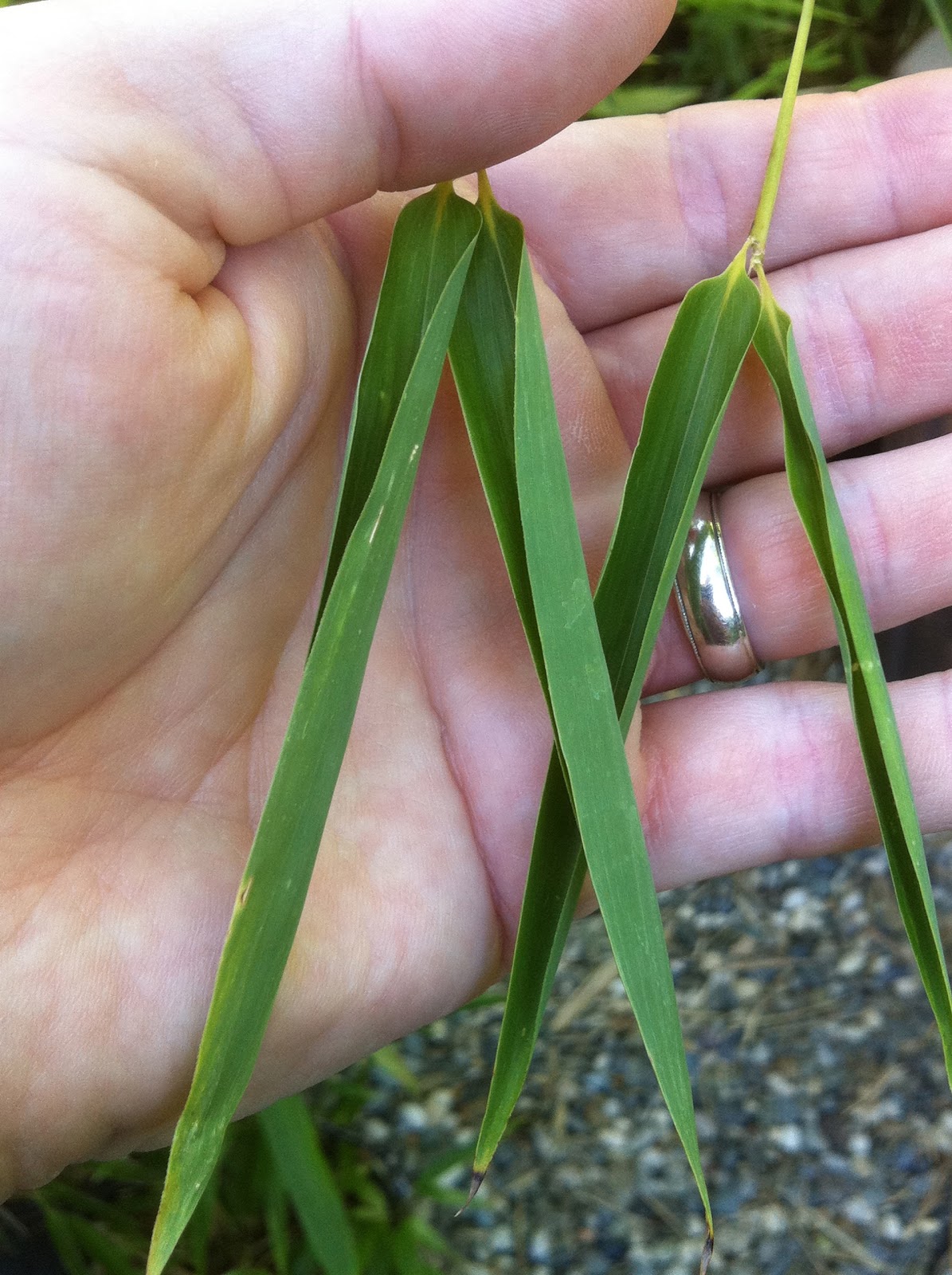





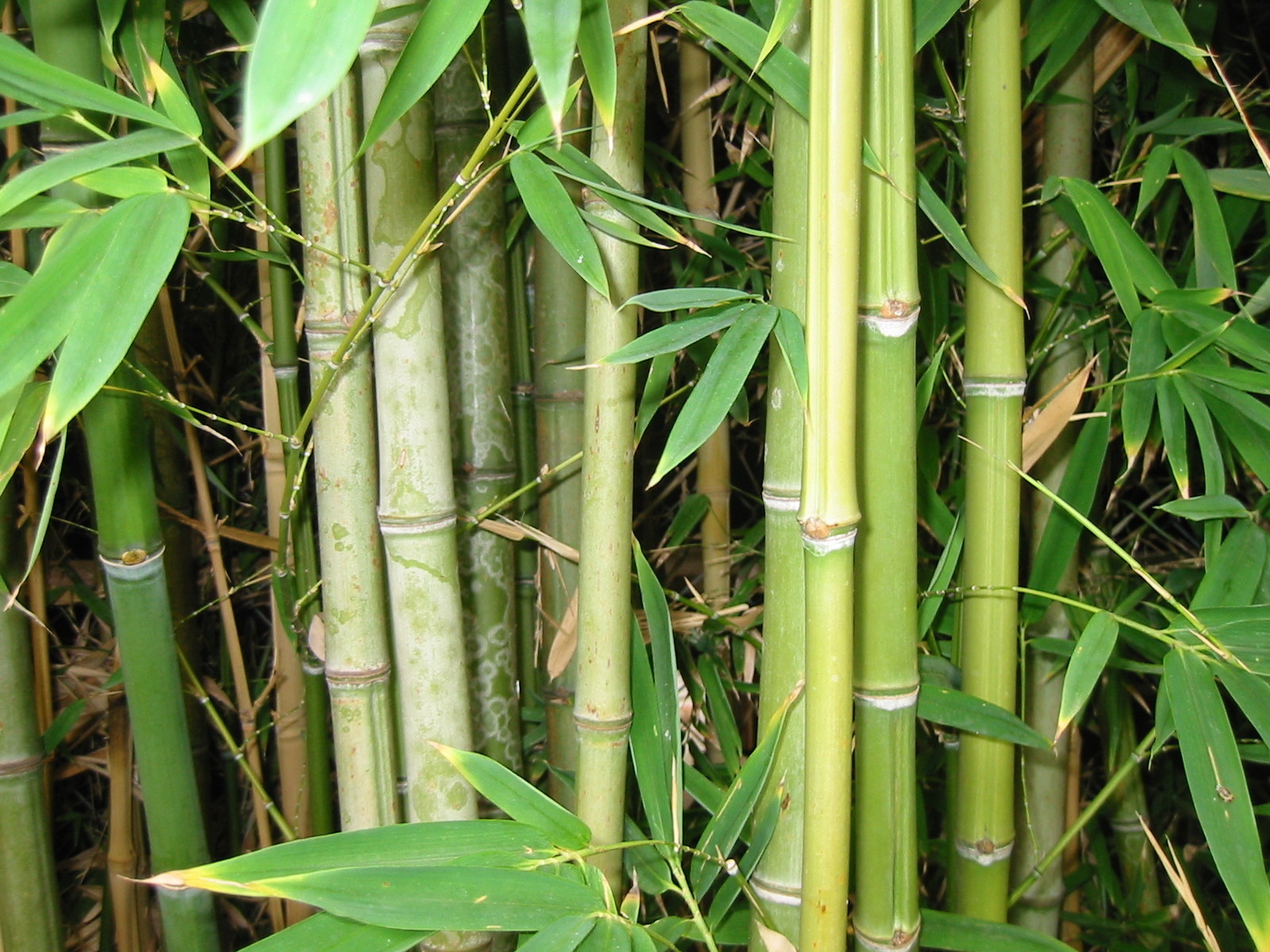


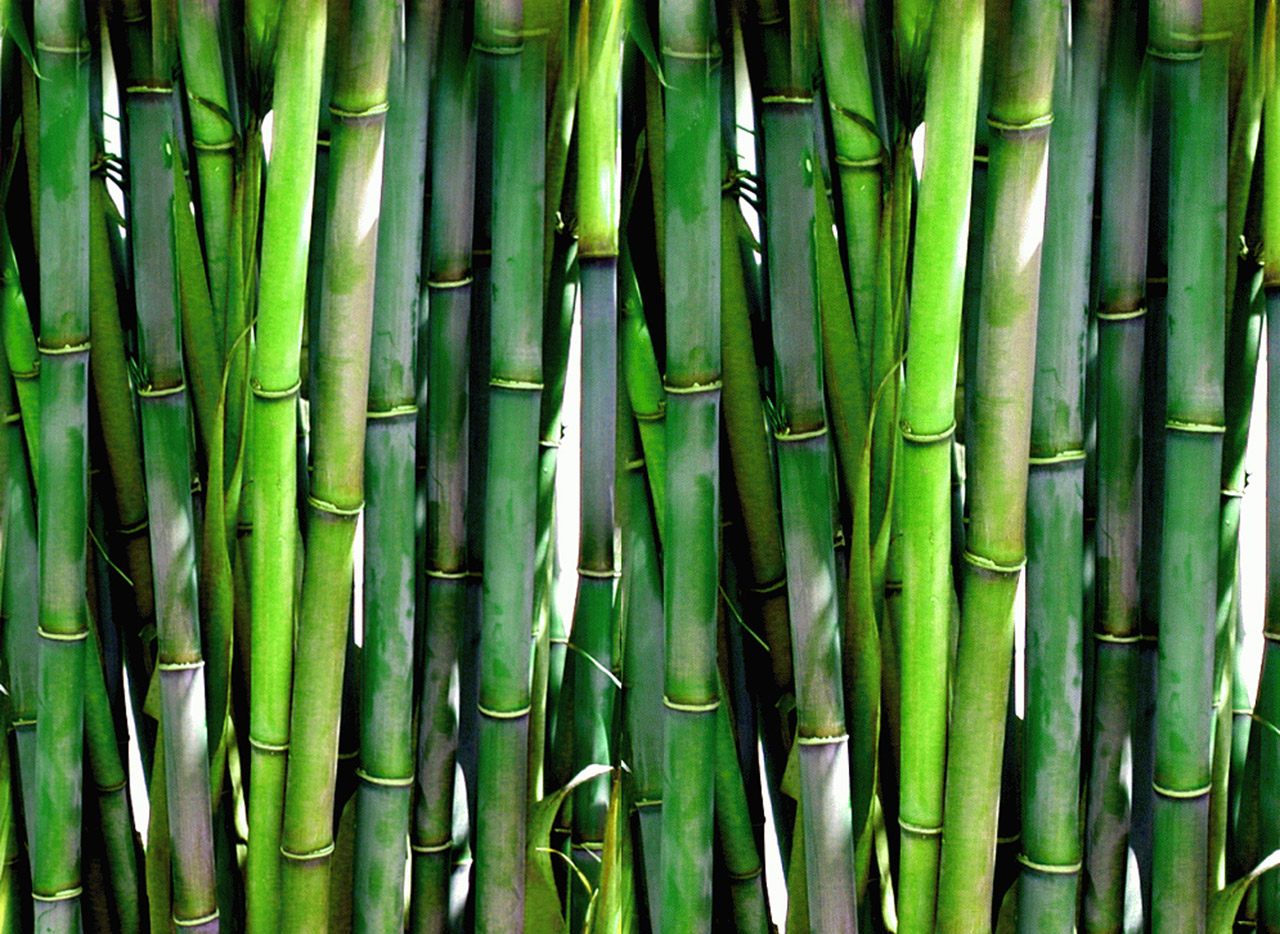



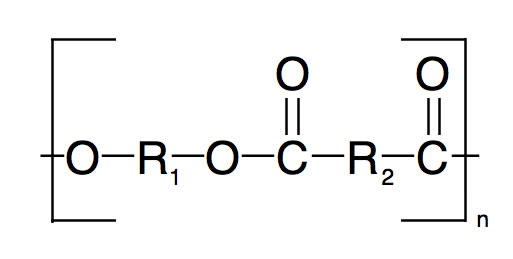






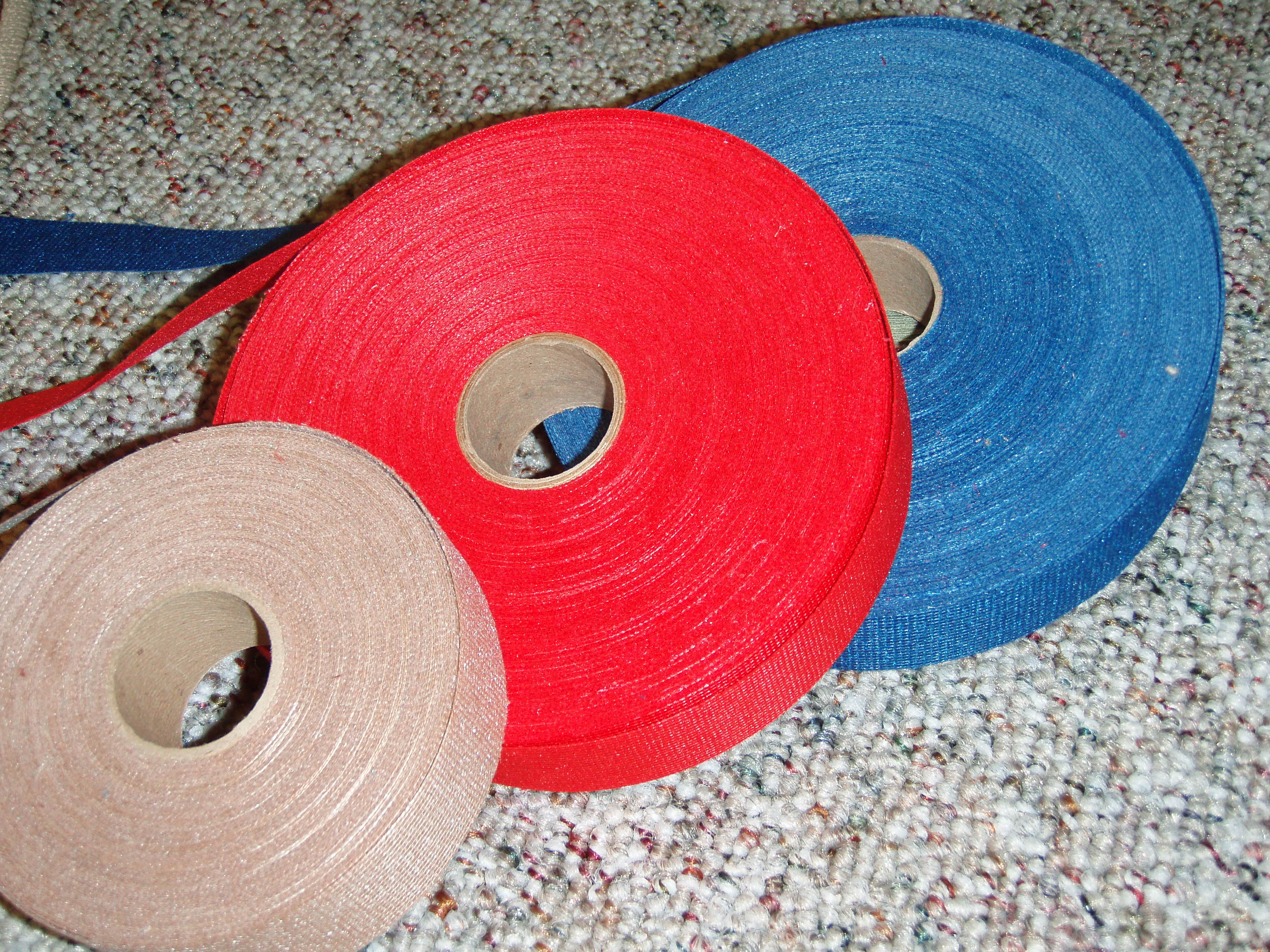











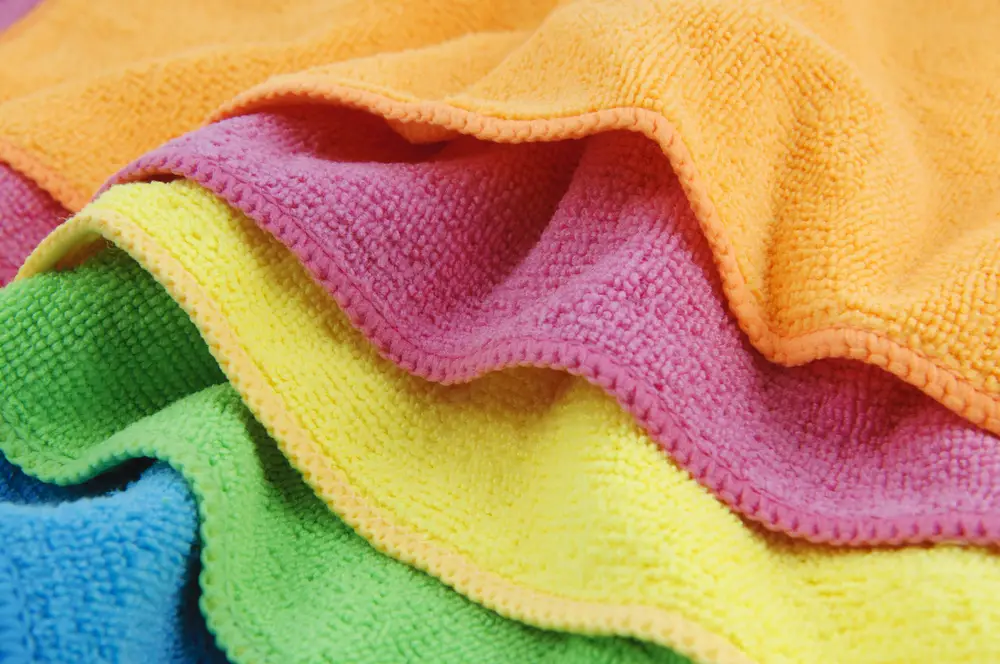

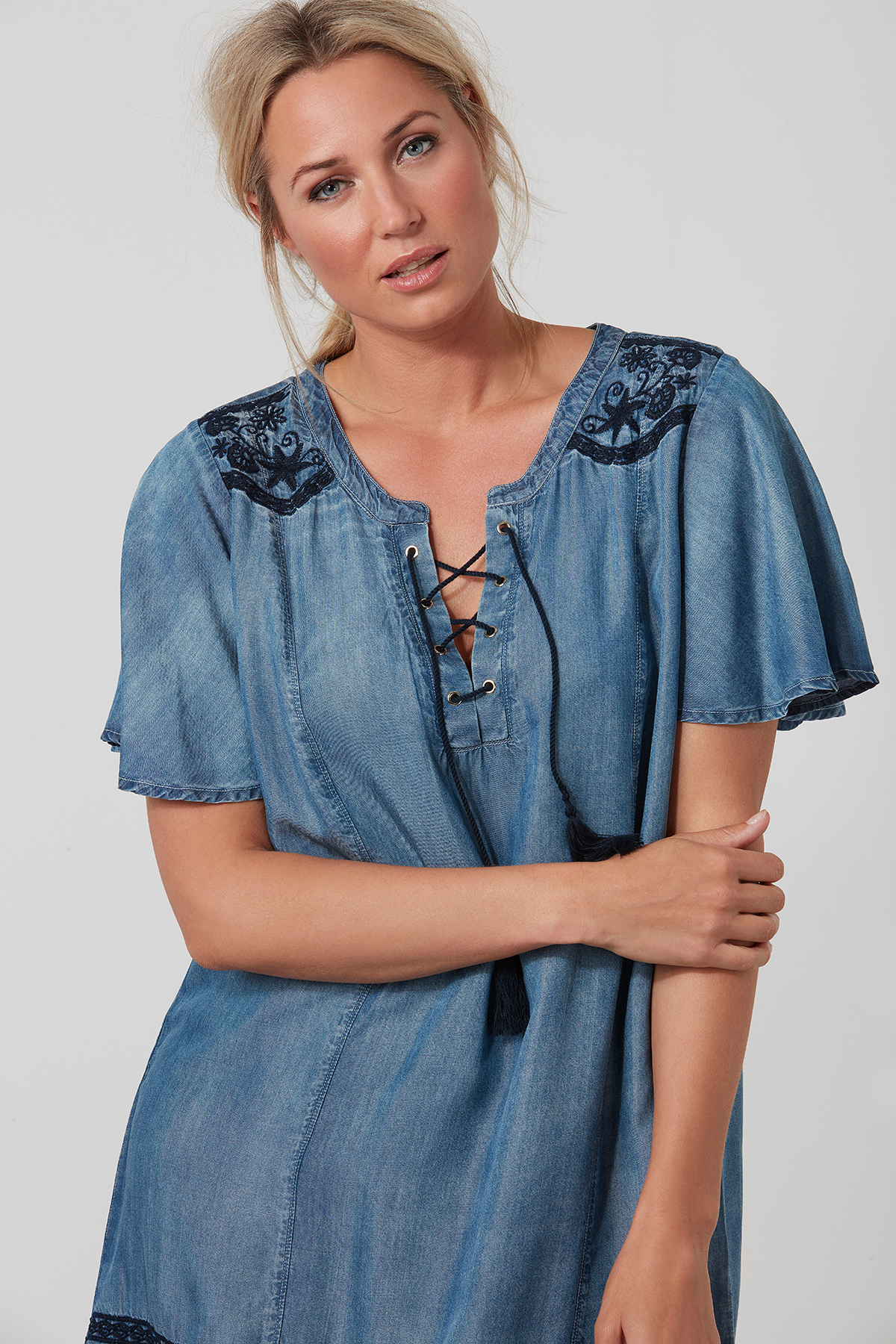
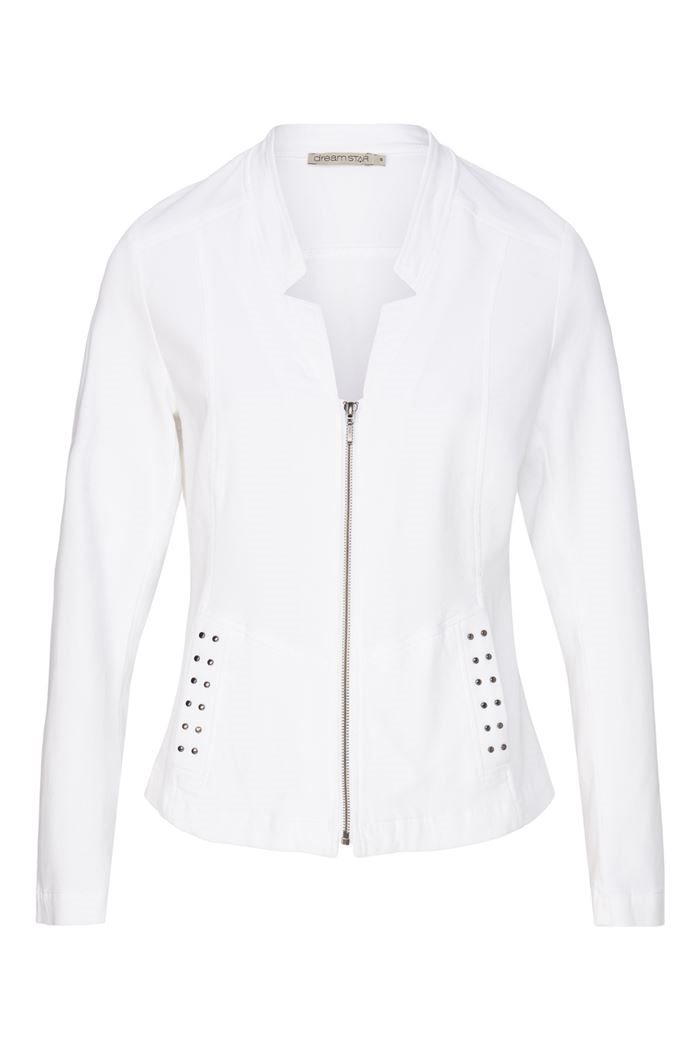
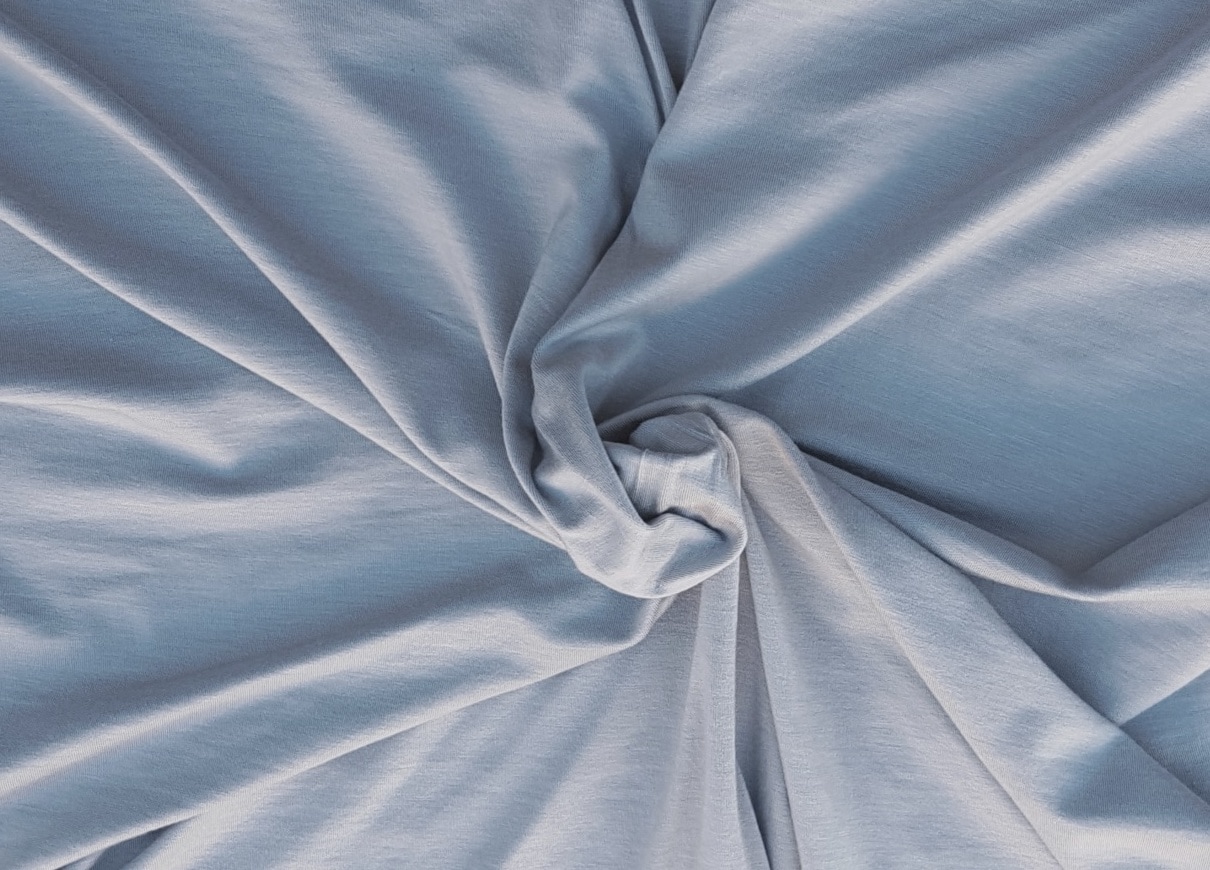
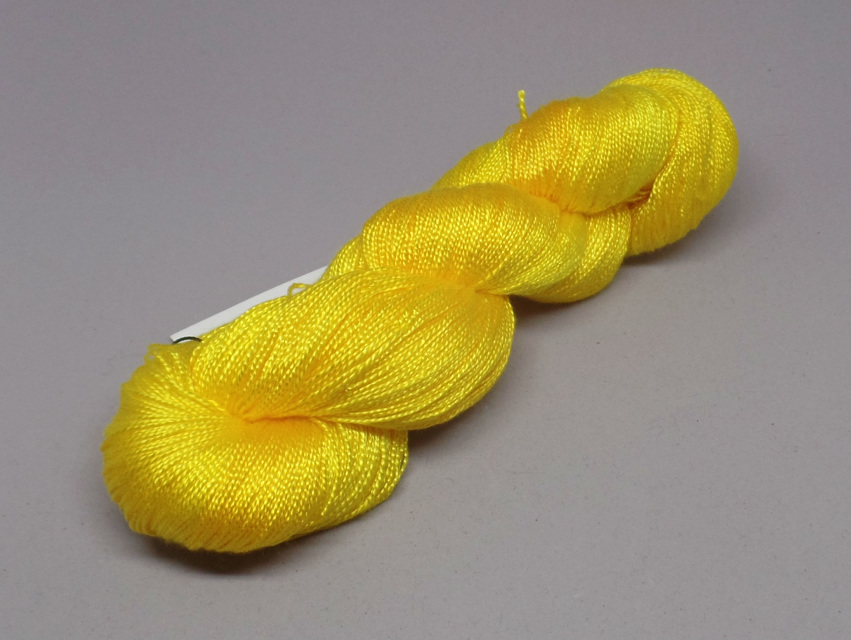


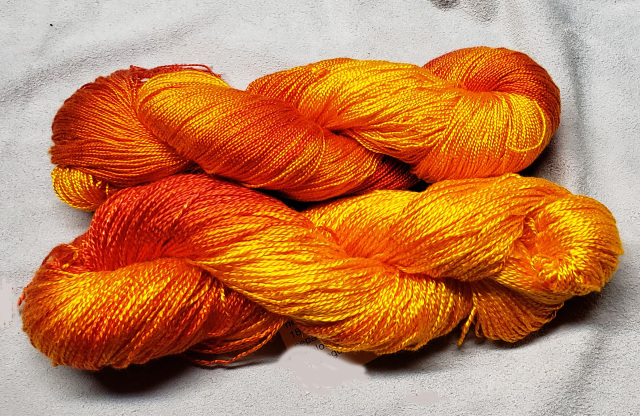
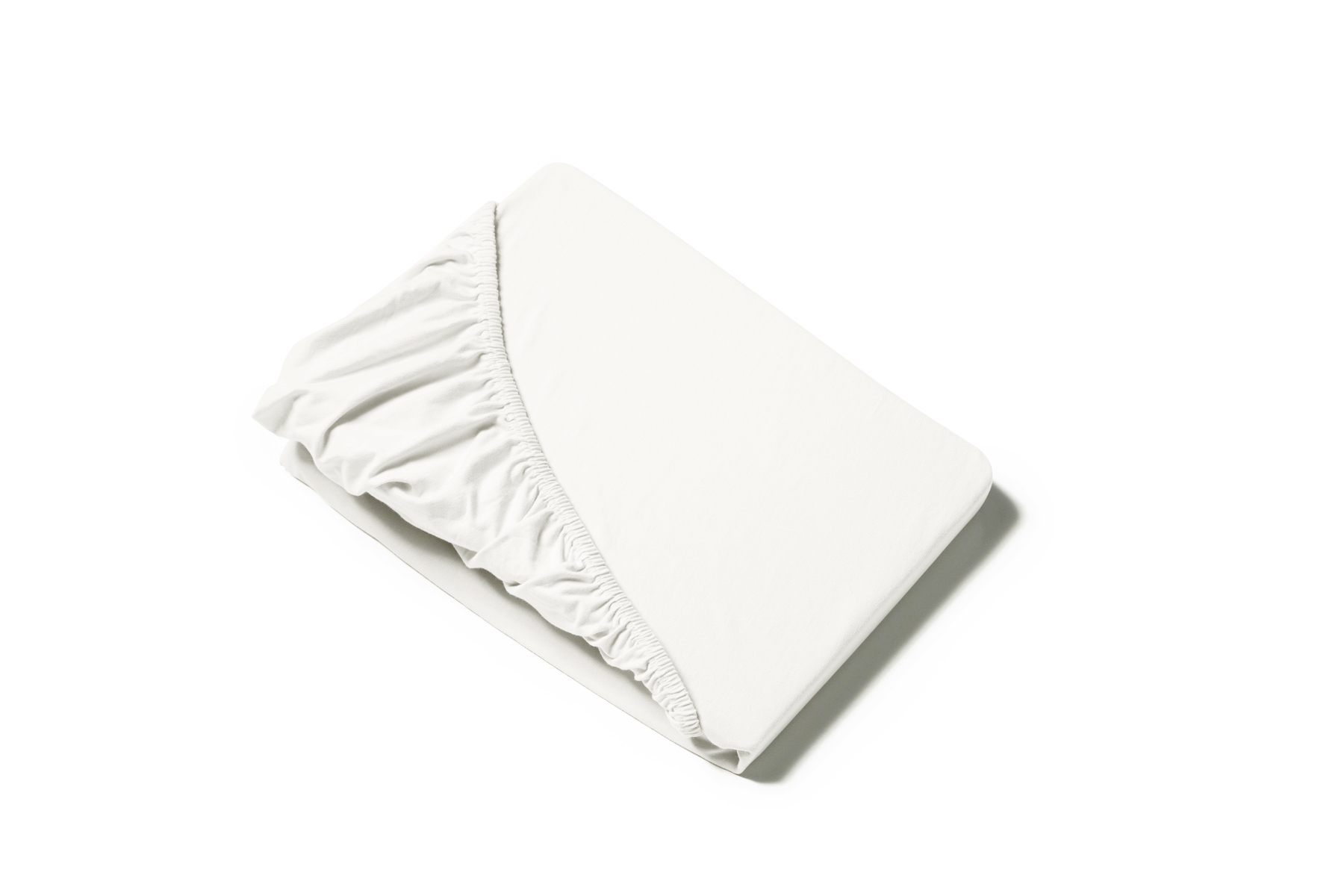
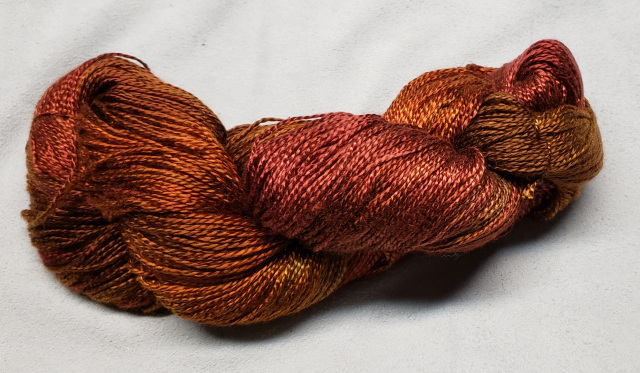


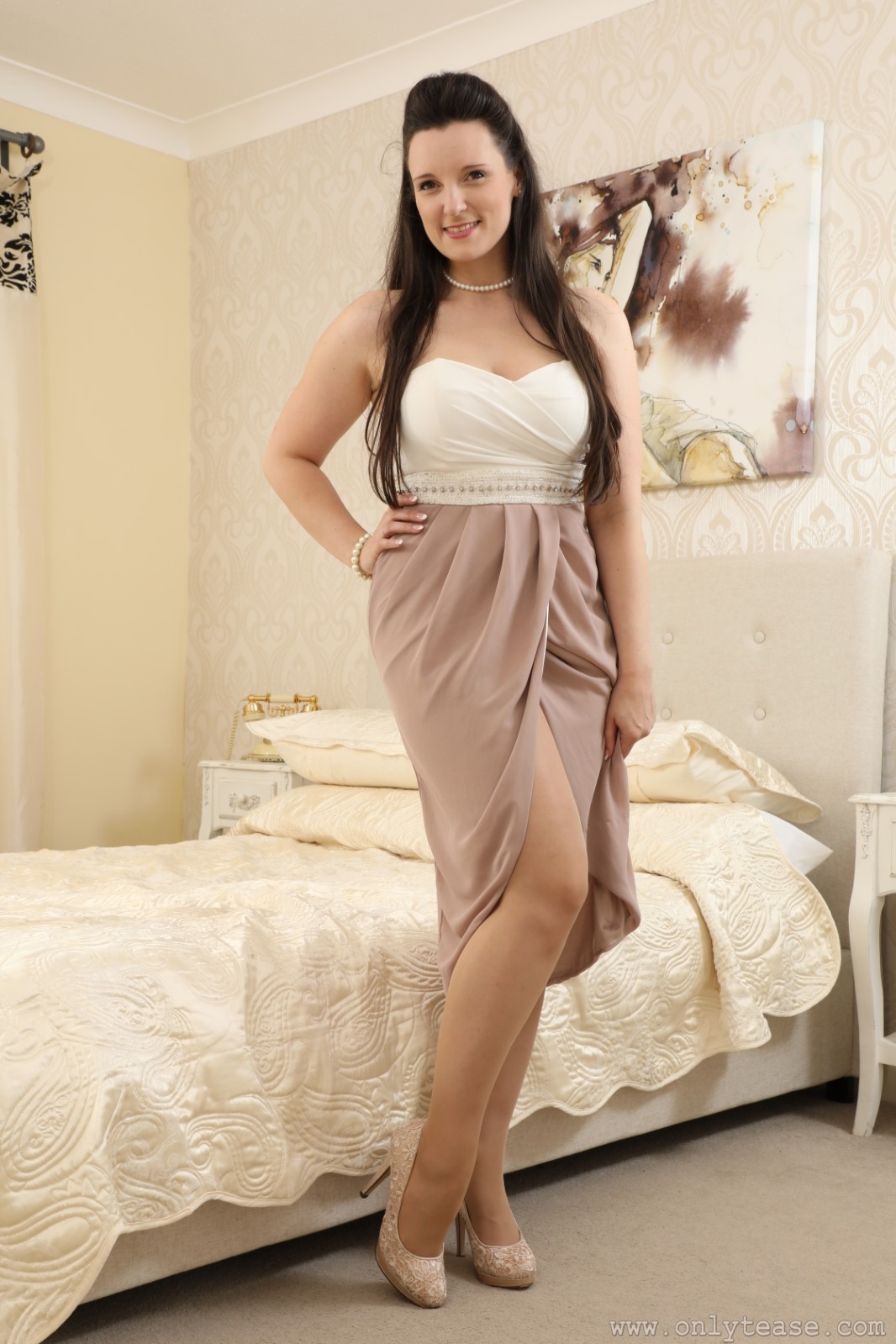


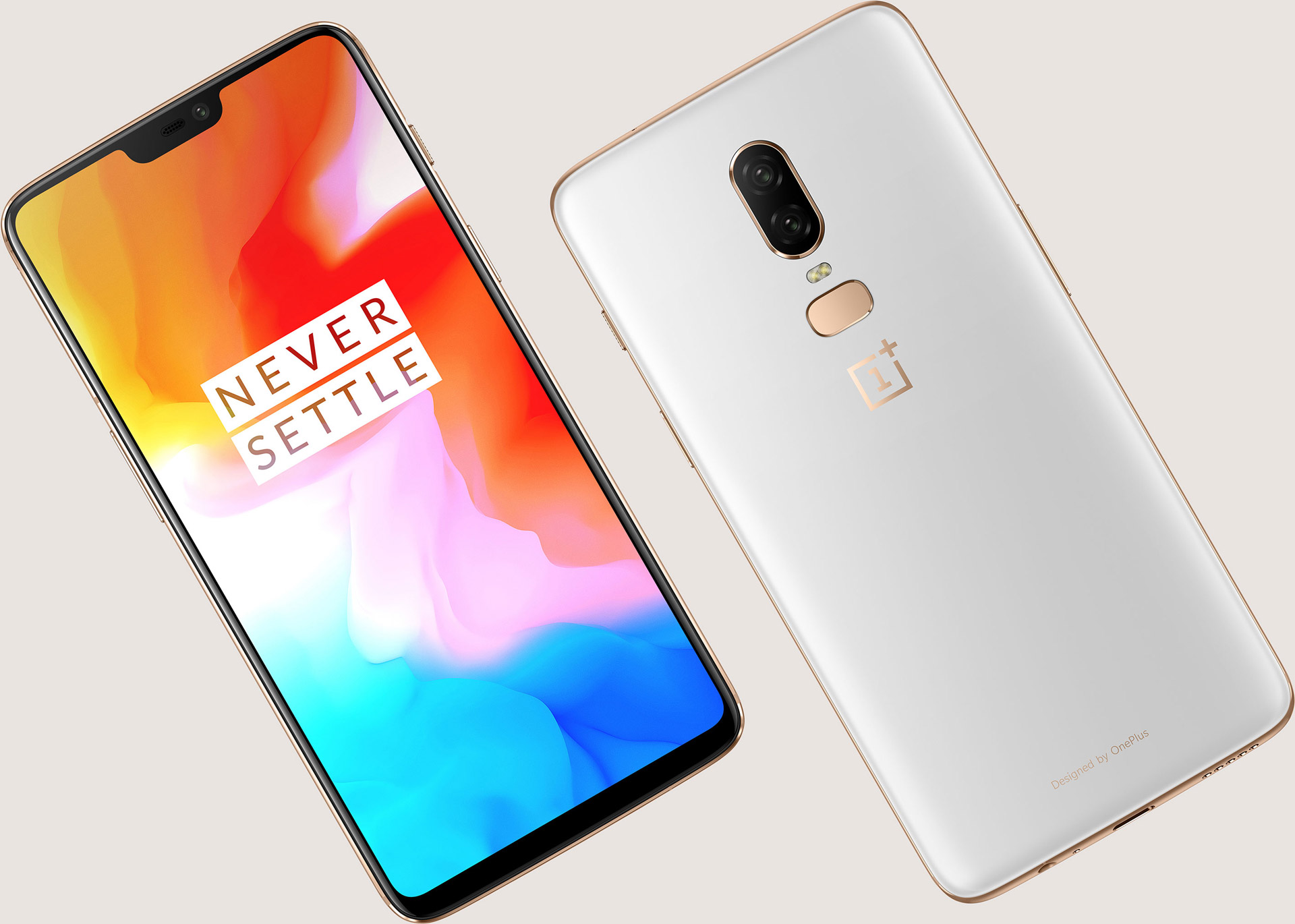

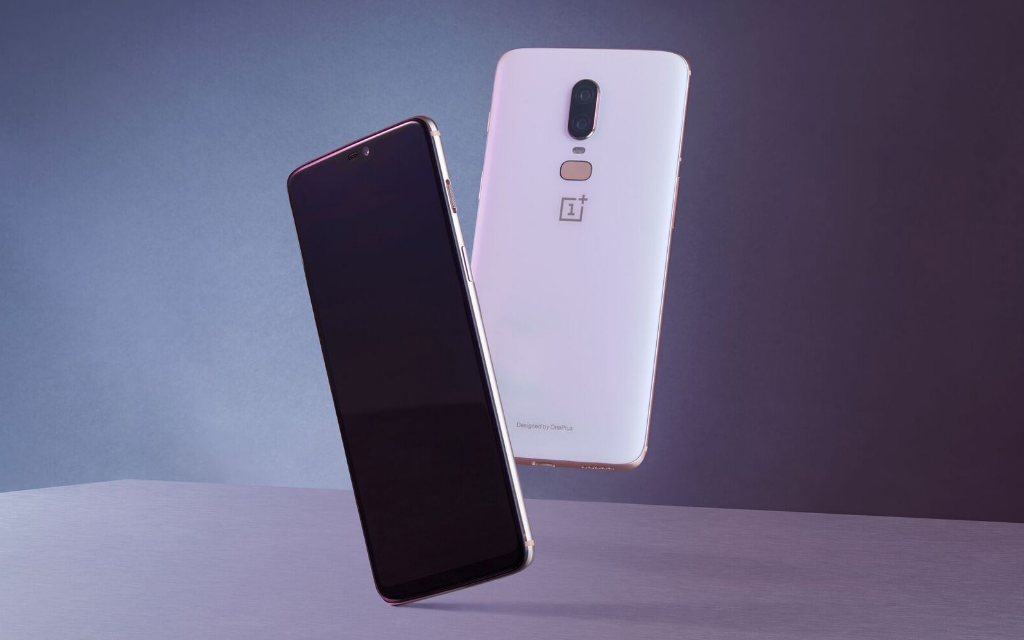
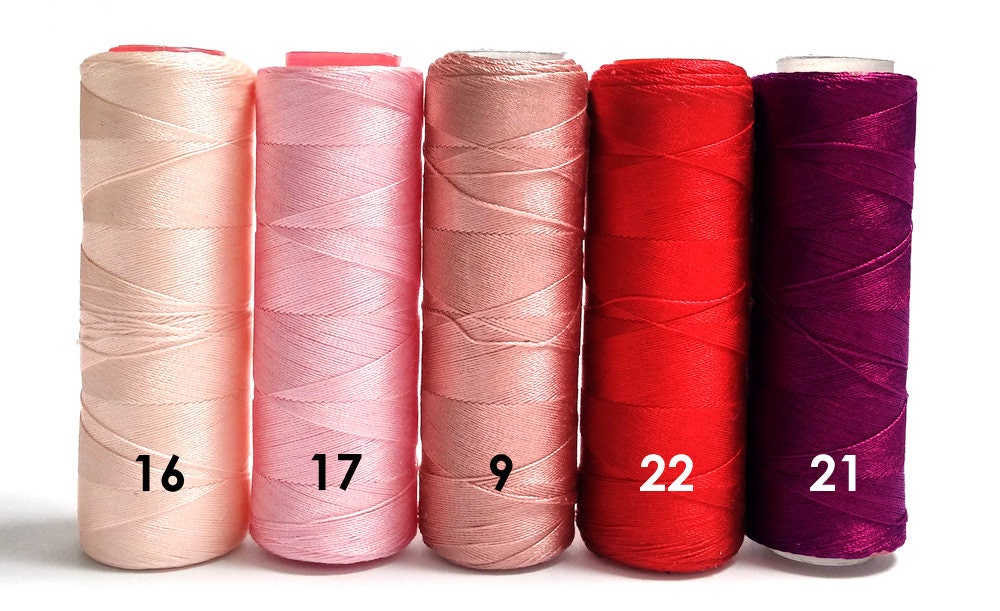





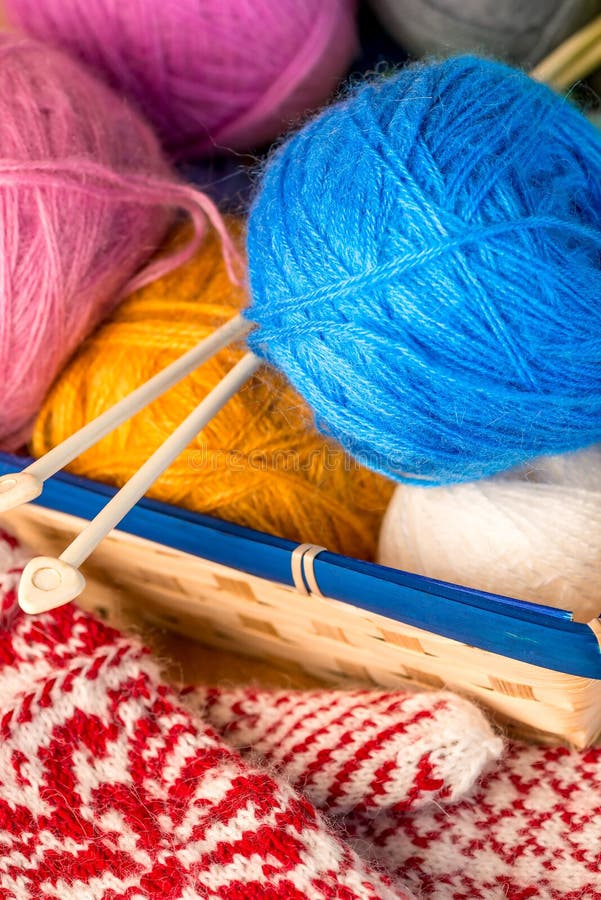

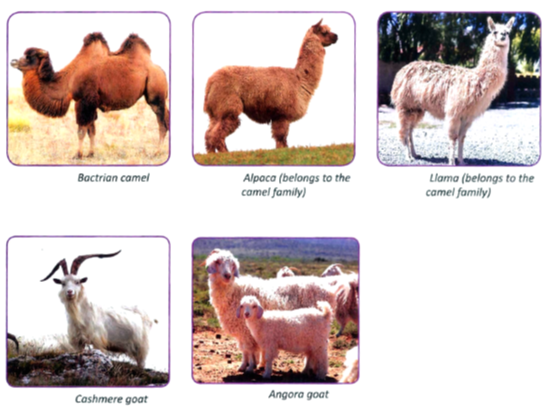
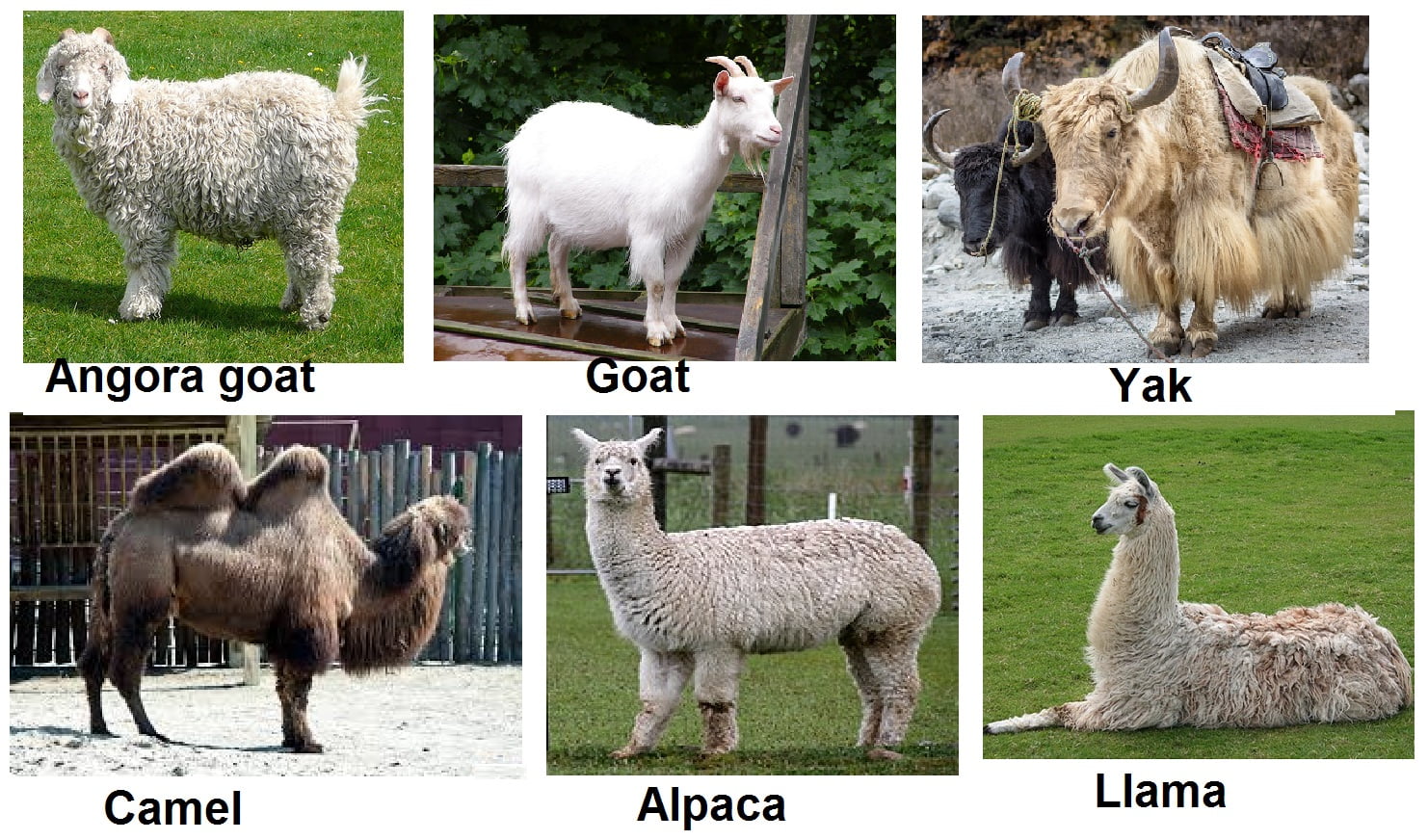



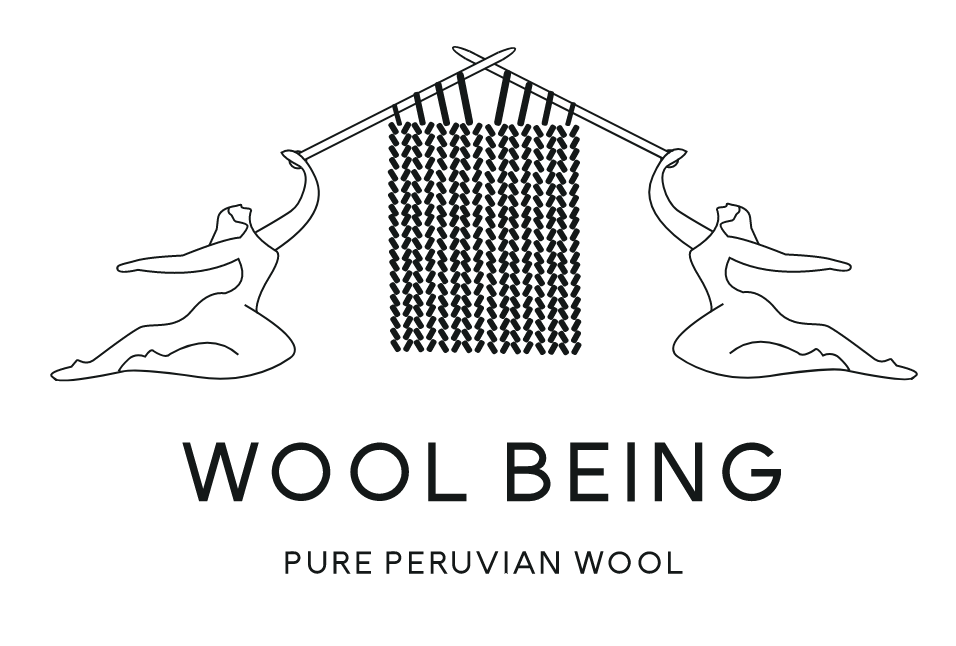







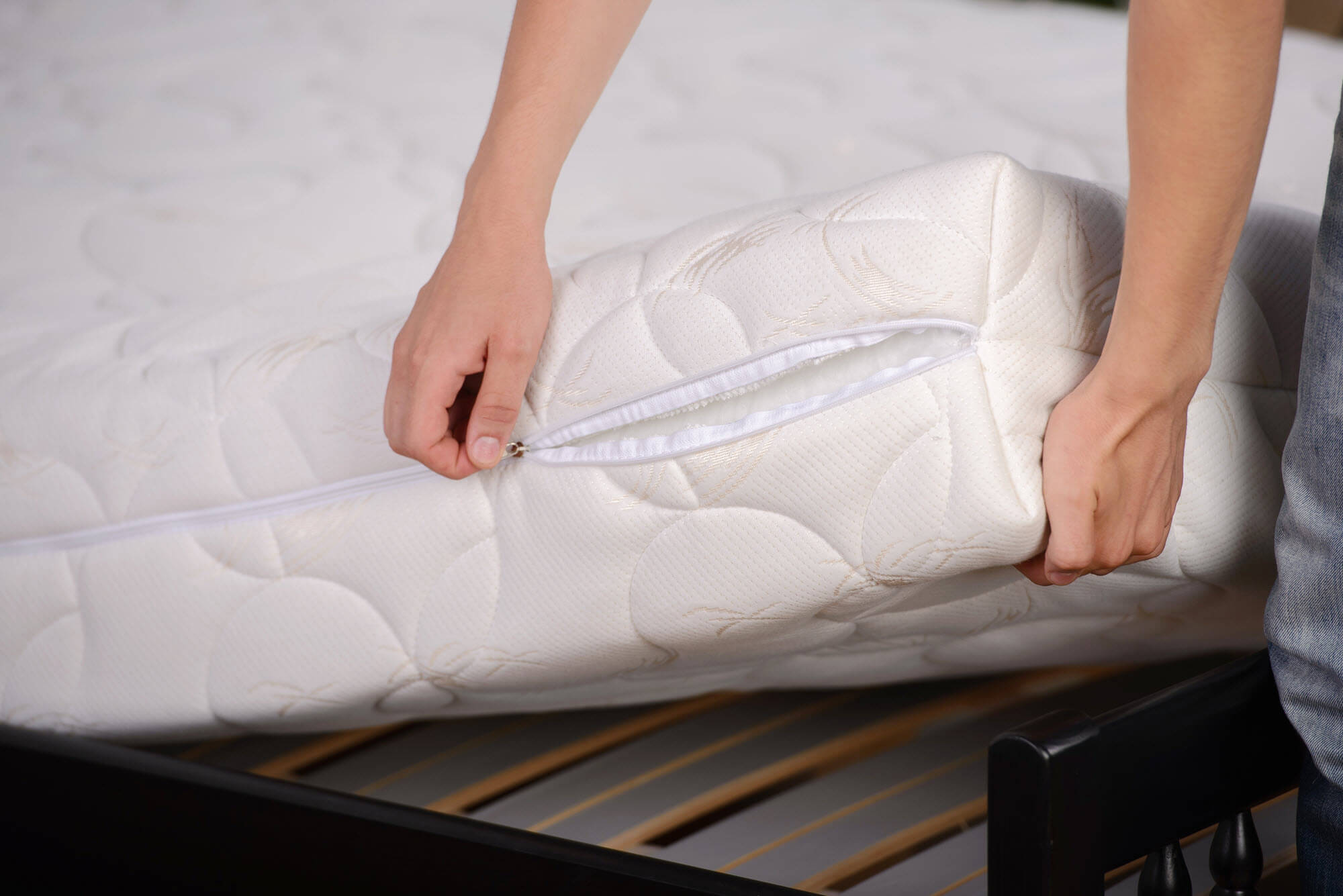

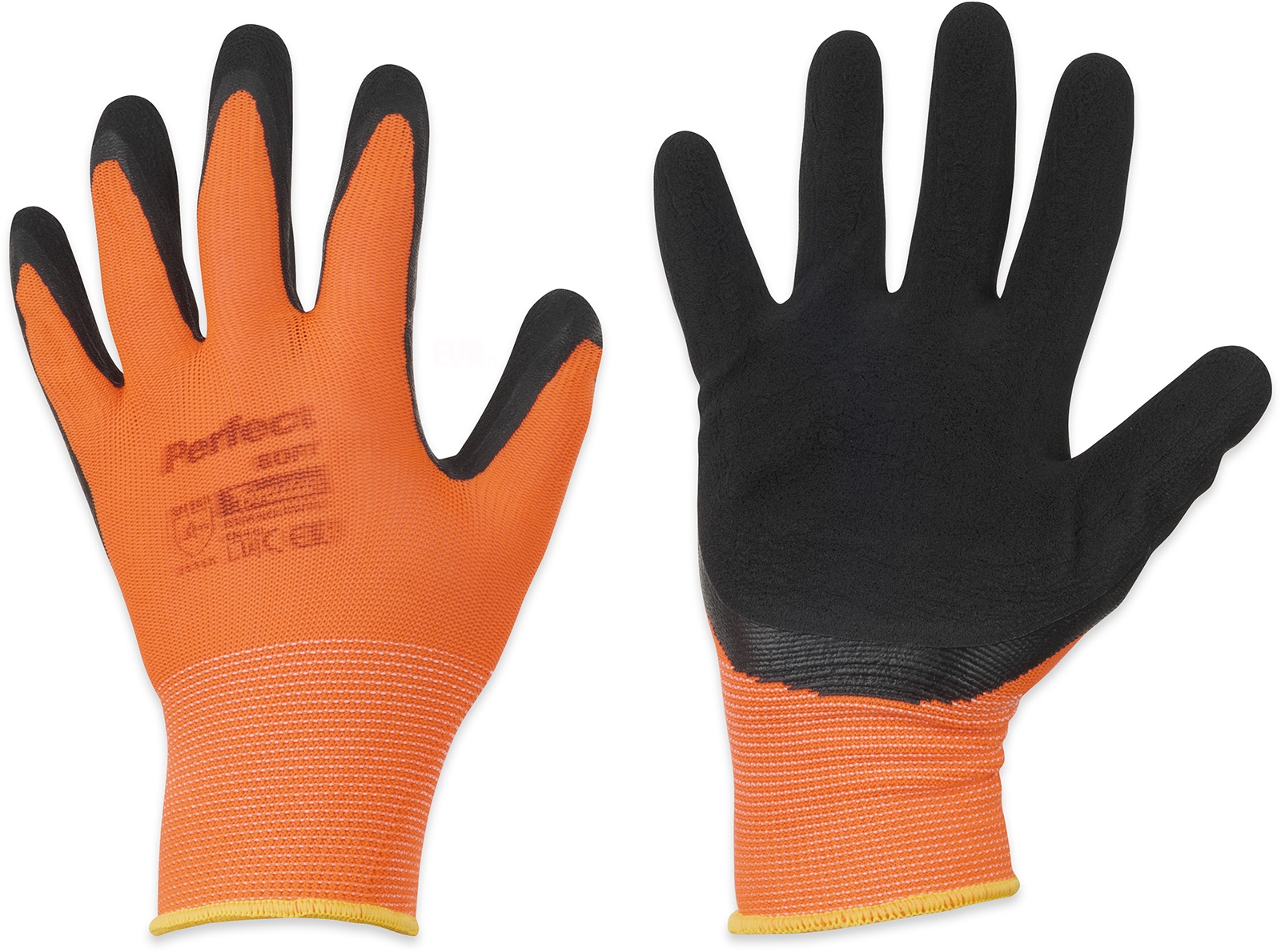
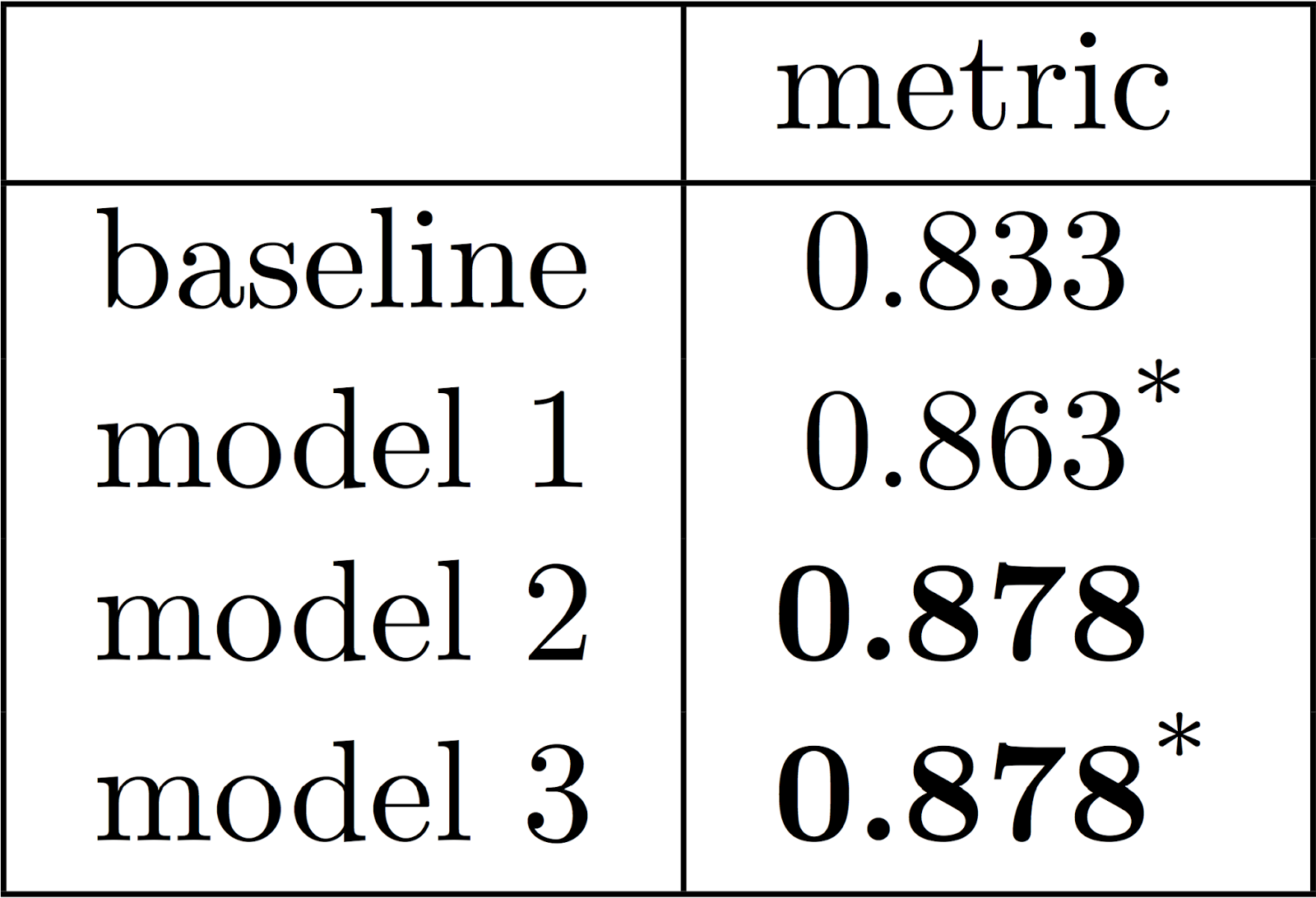


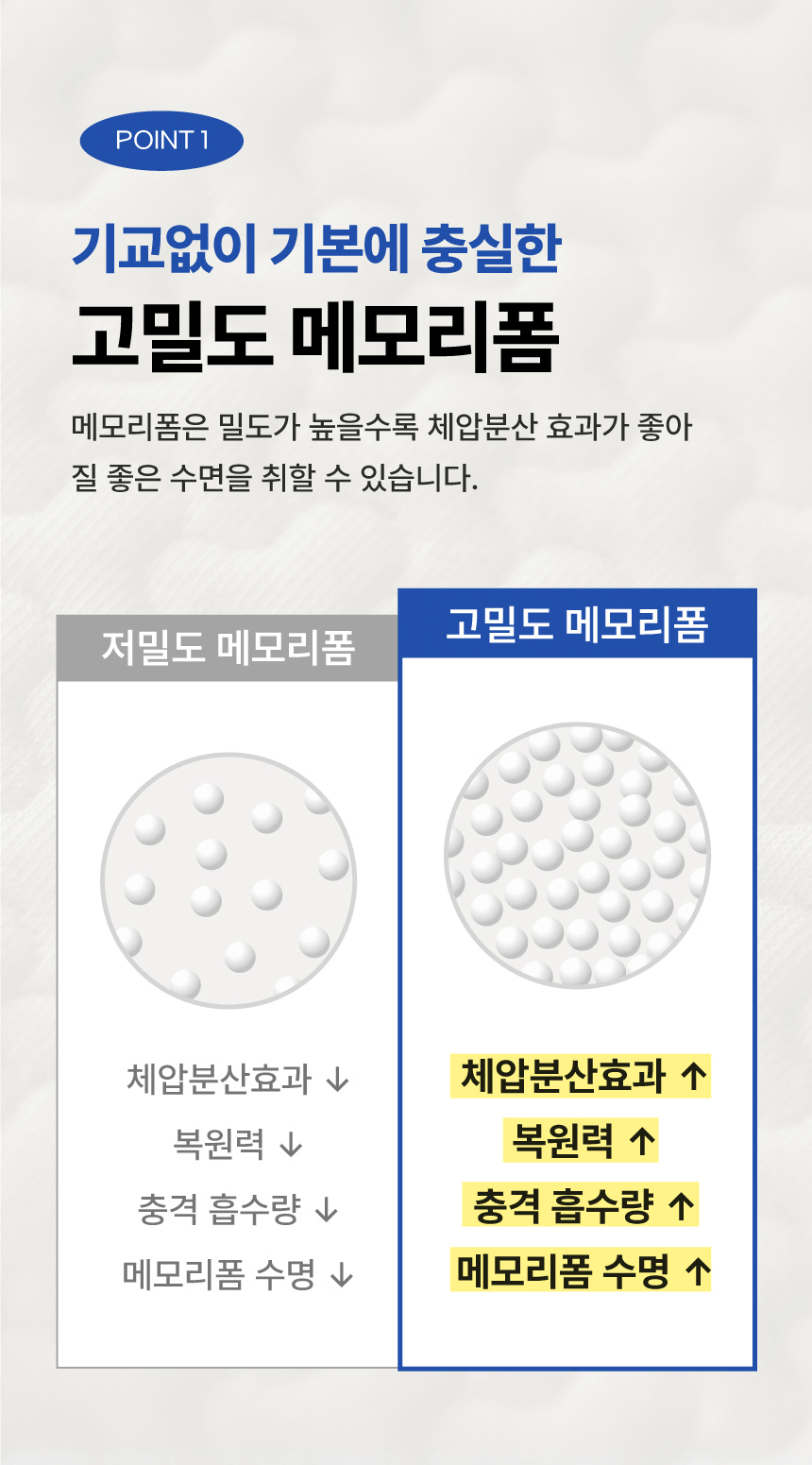
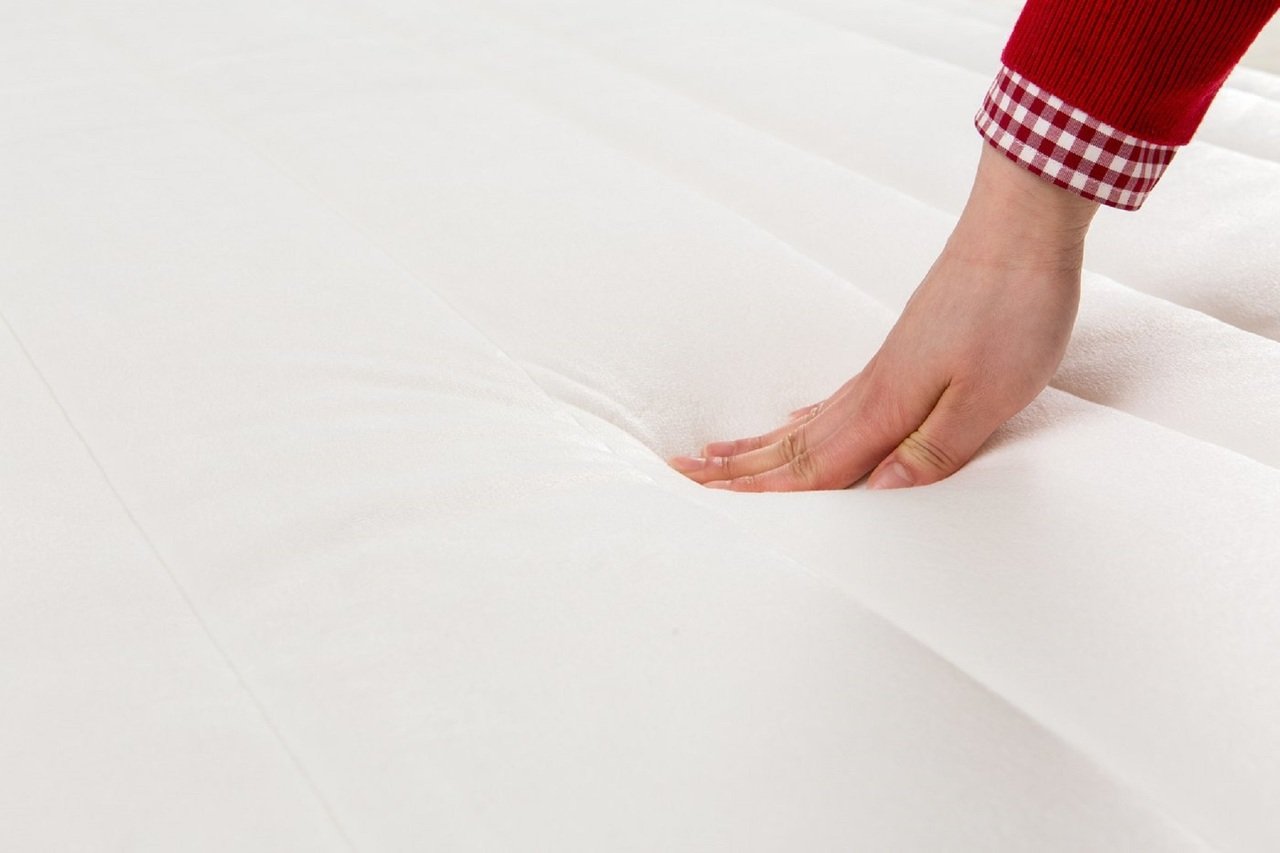


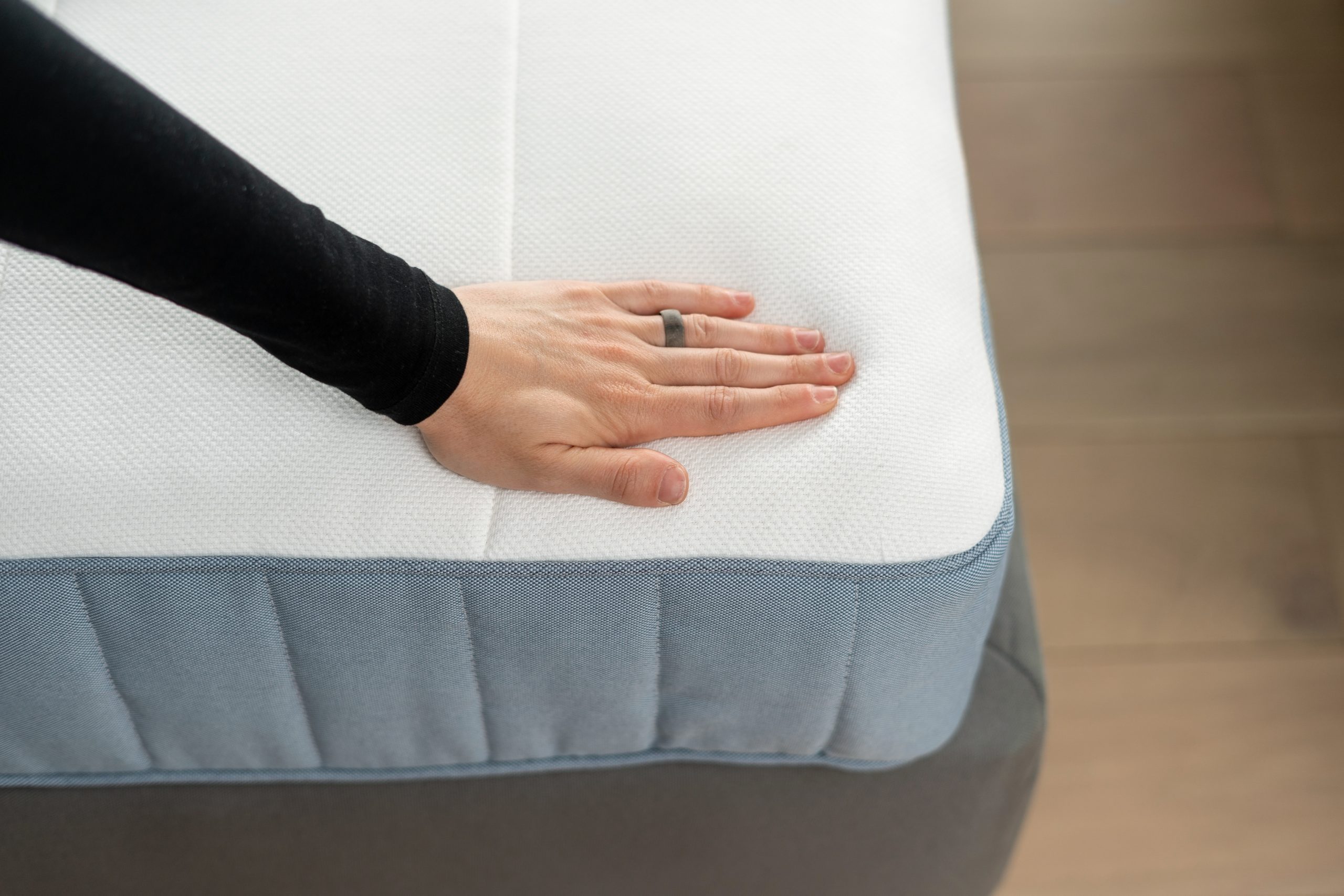

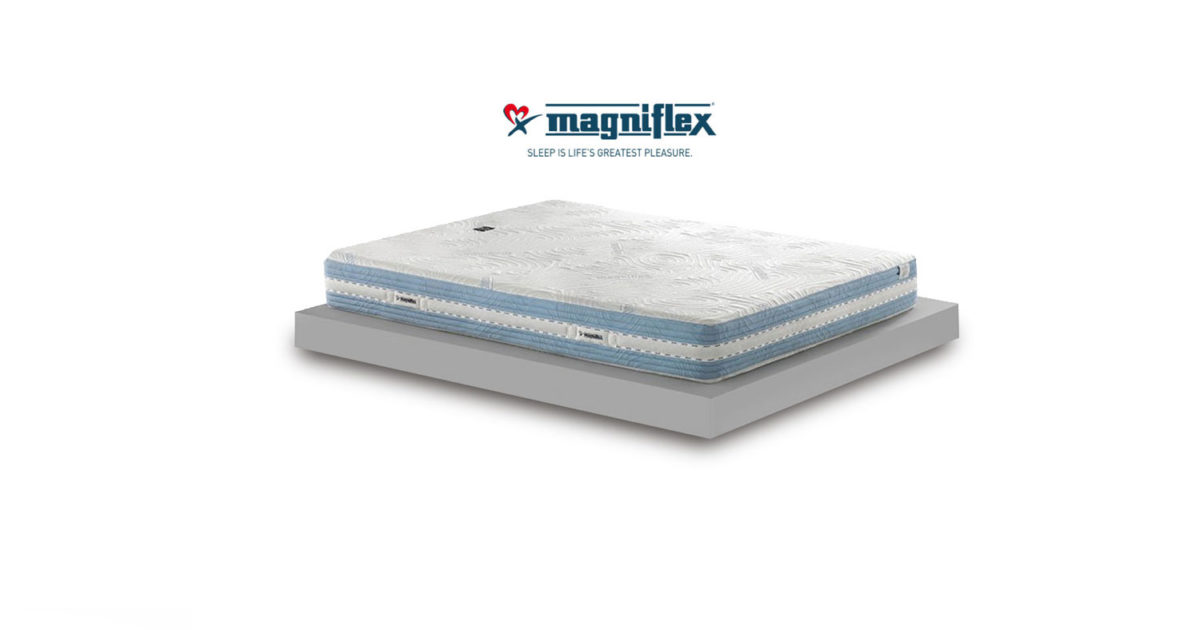
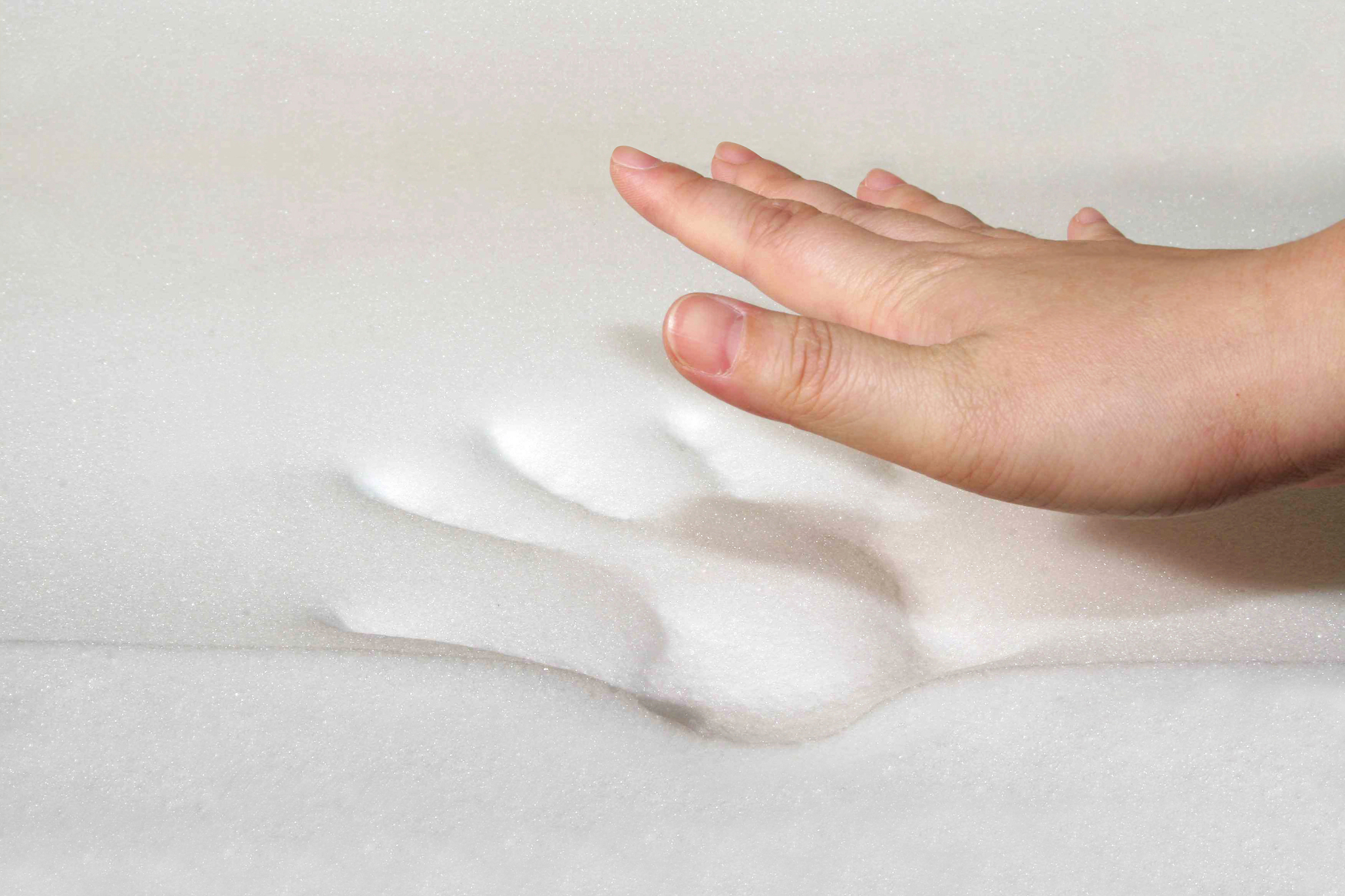

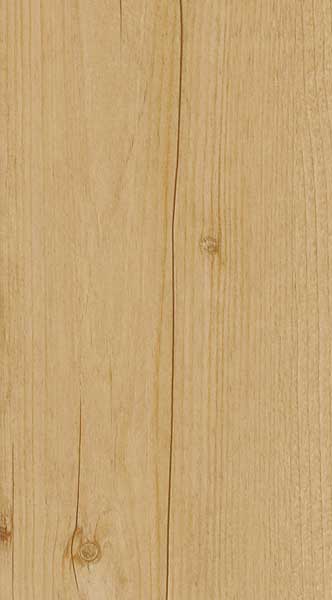


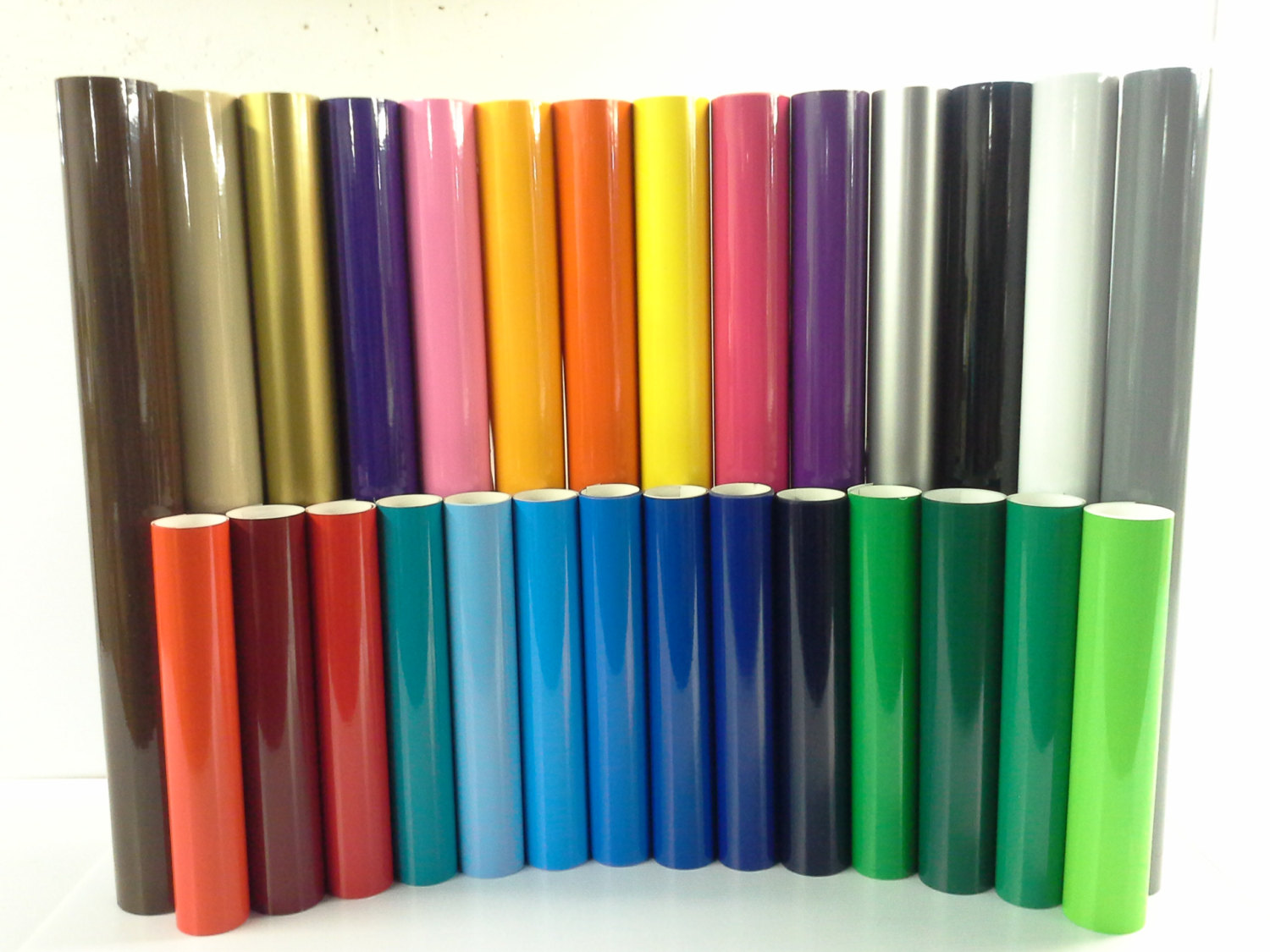

/cdn.vox-cdn.com/uploads/chorus_image/image/65891755/howto_vinylfloor_05.0.jpg)

